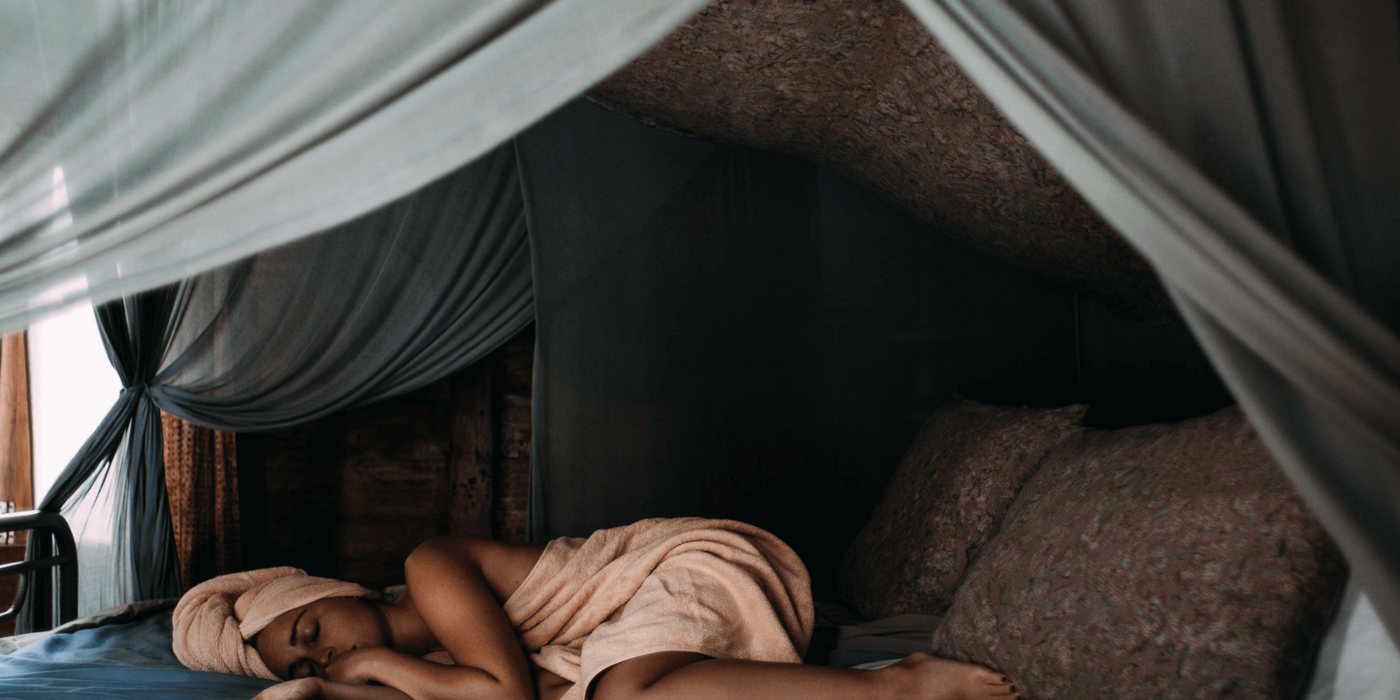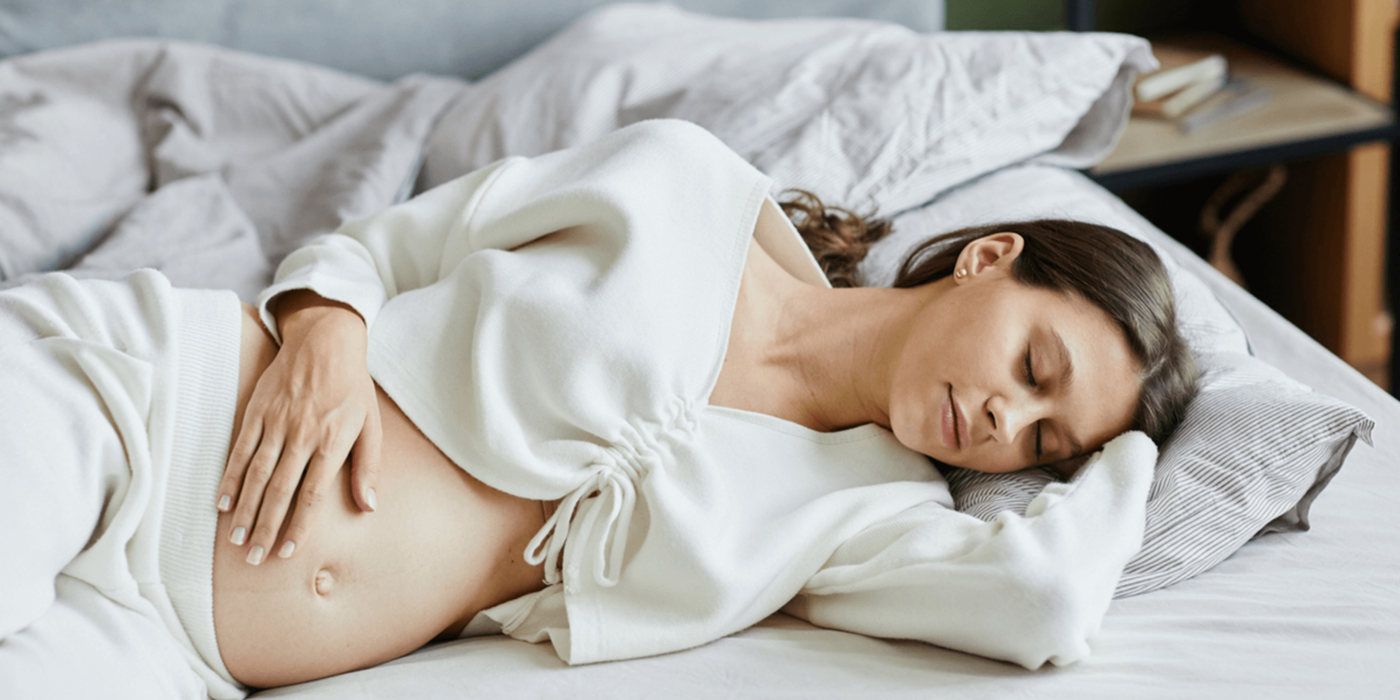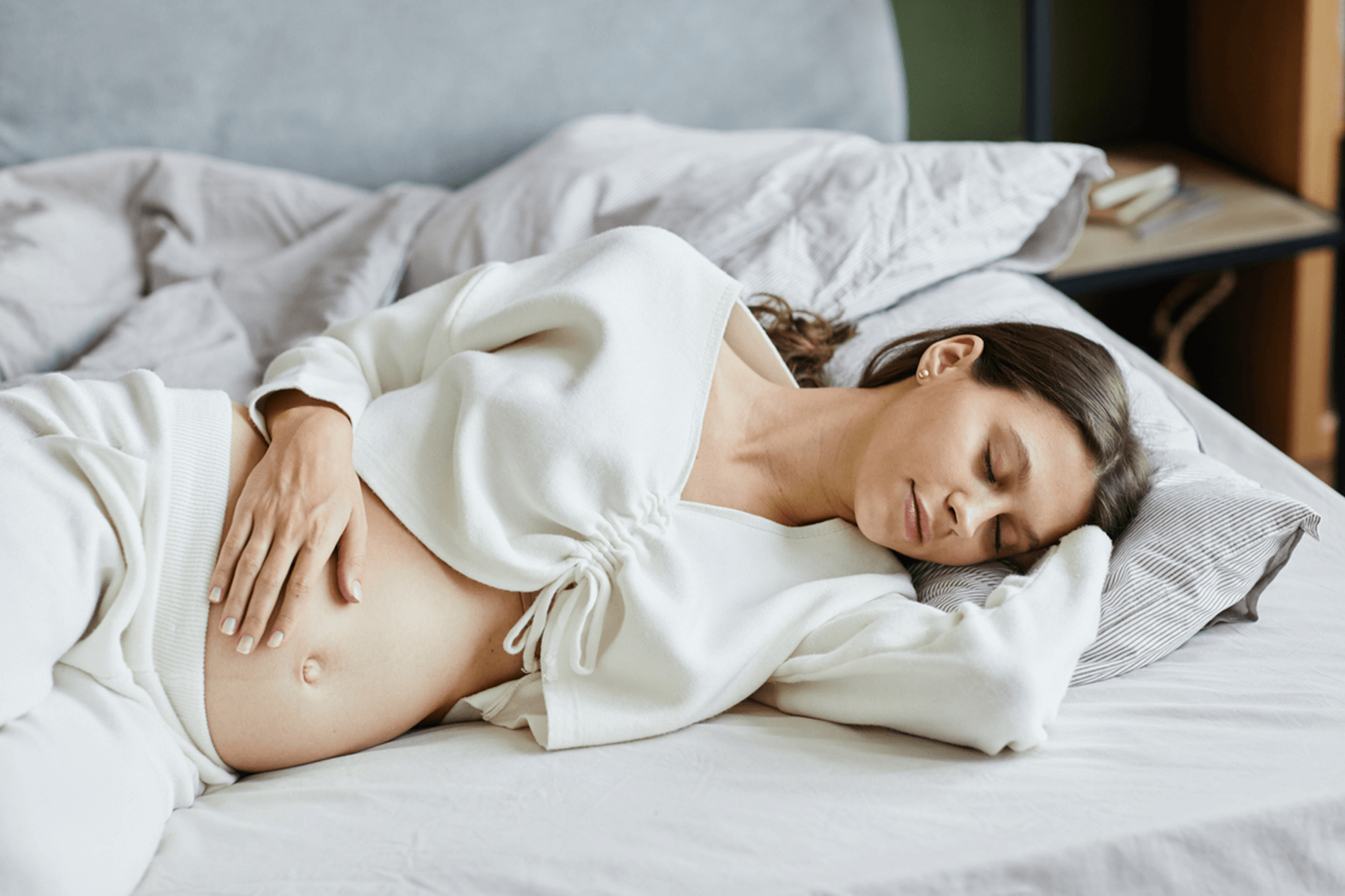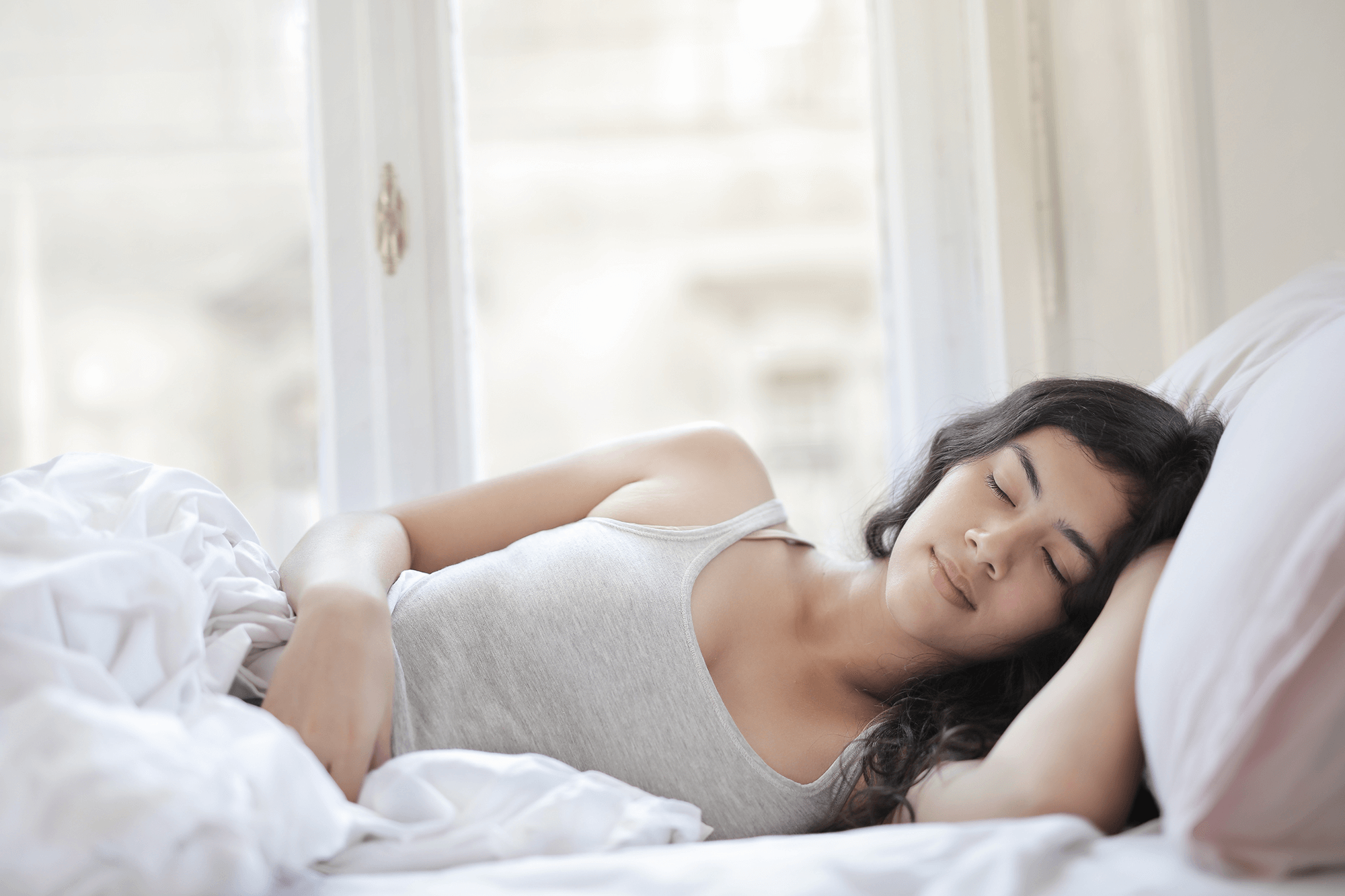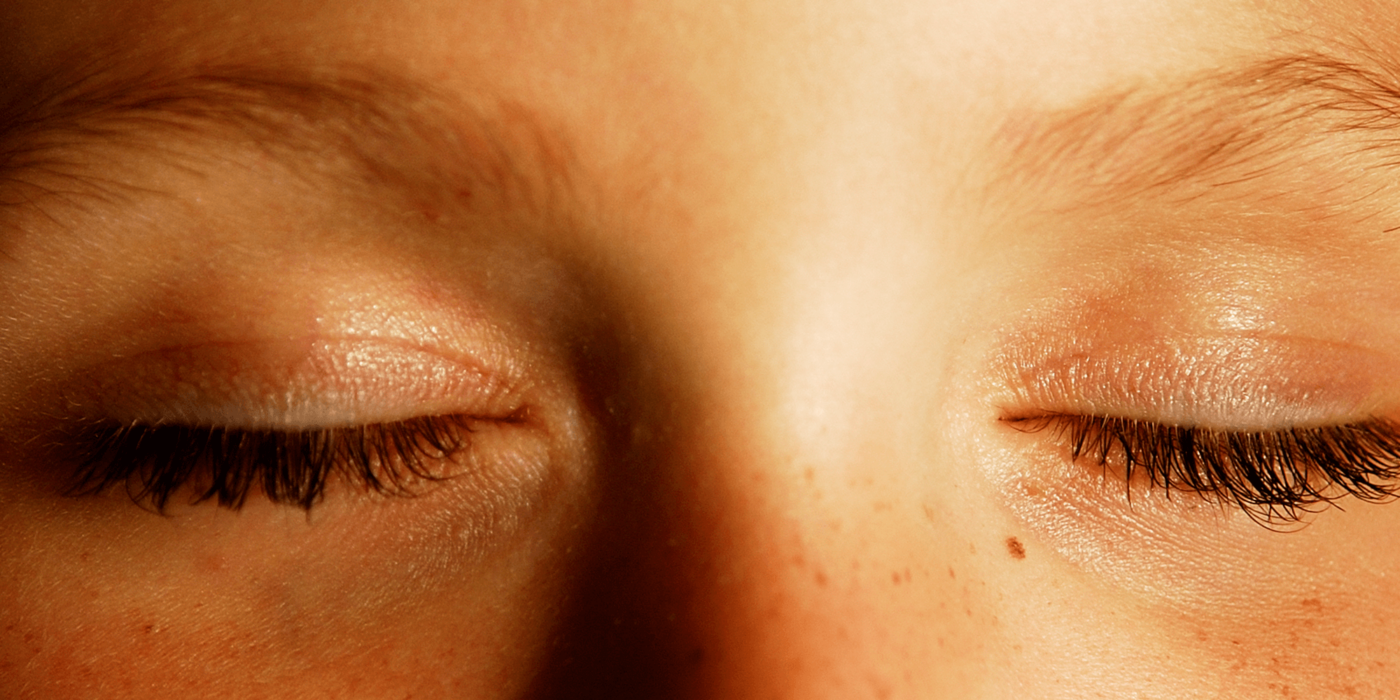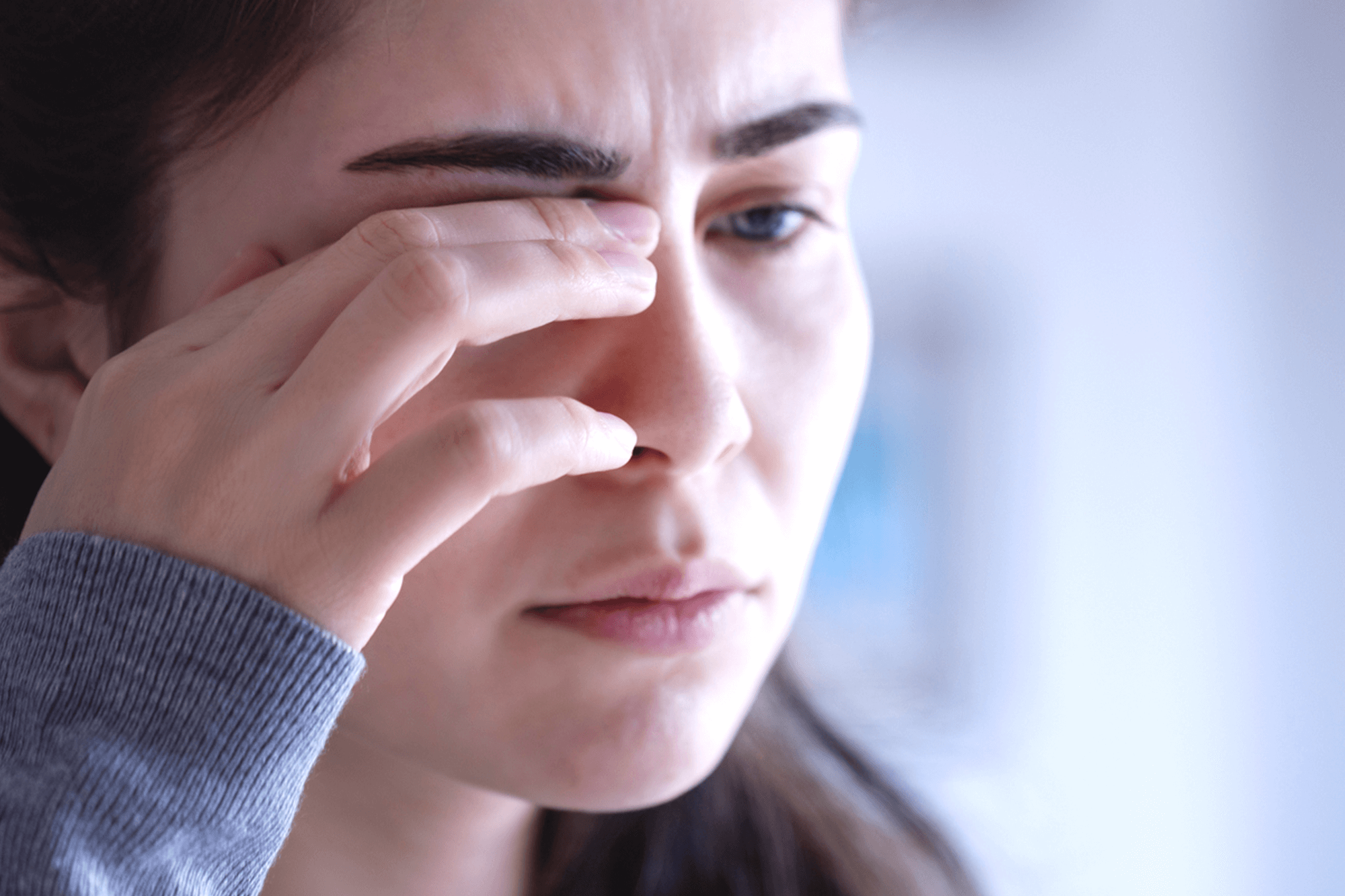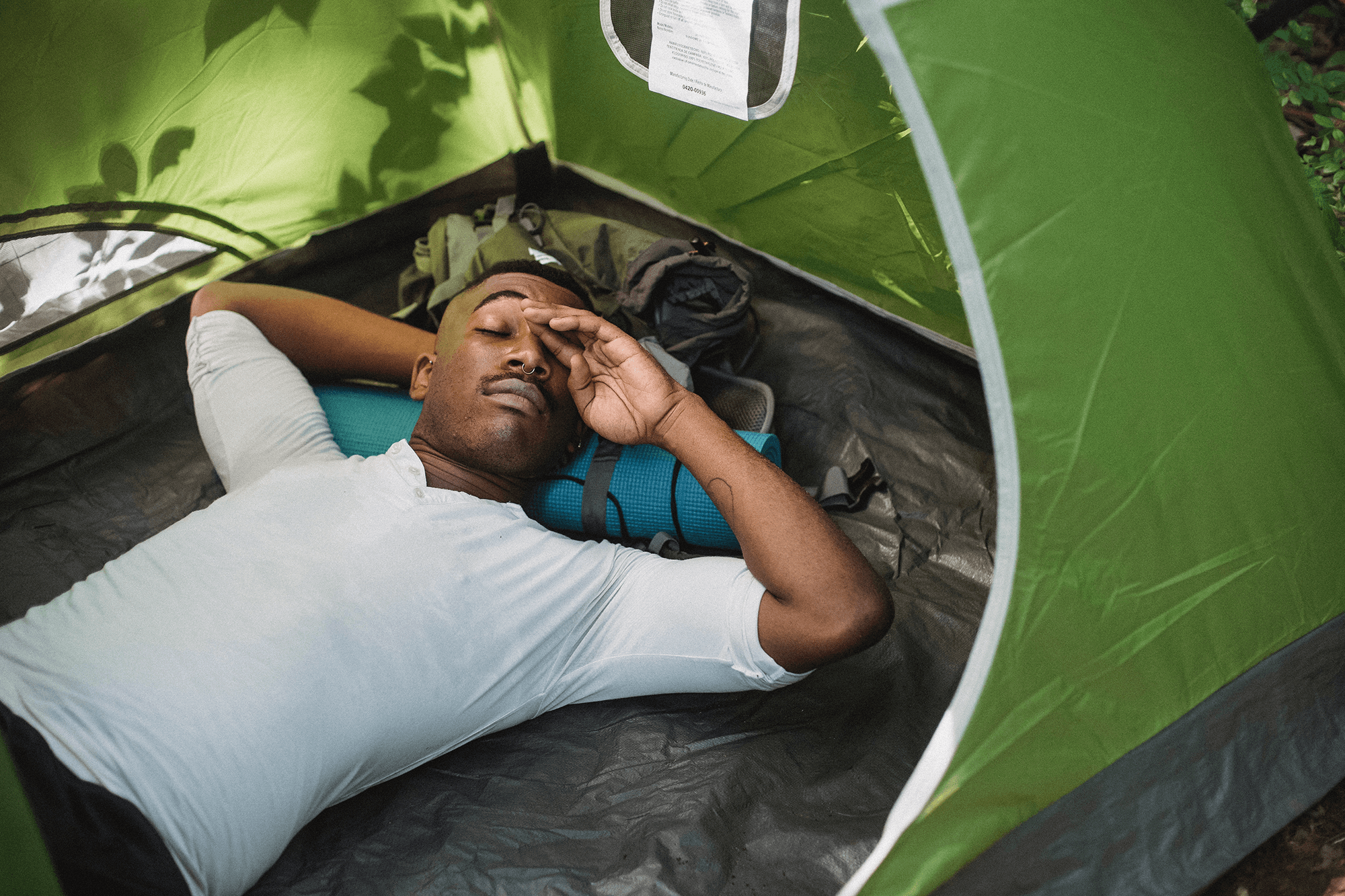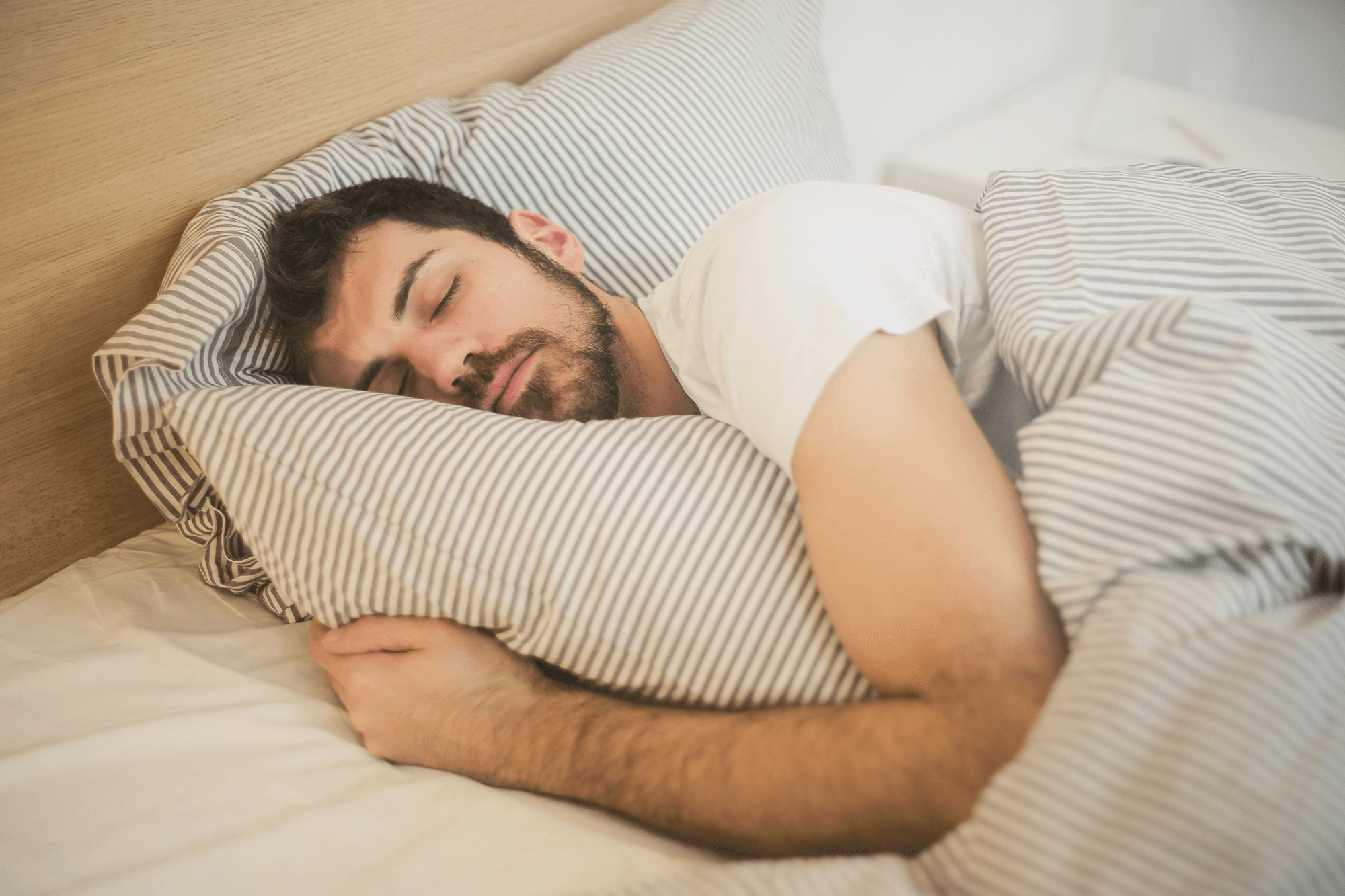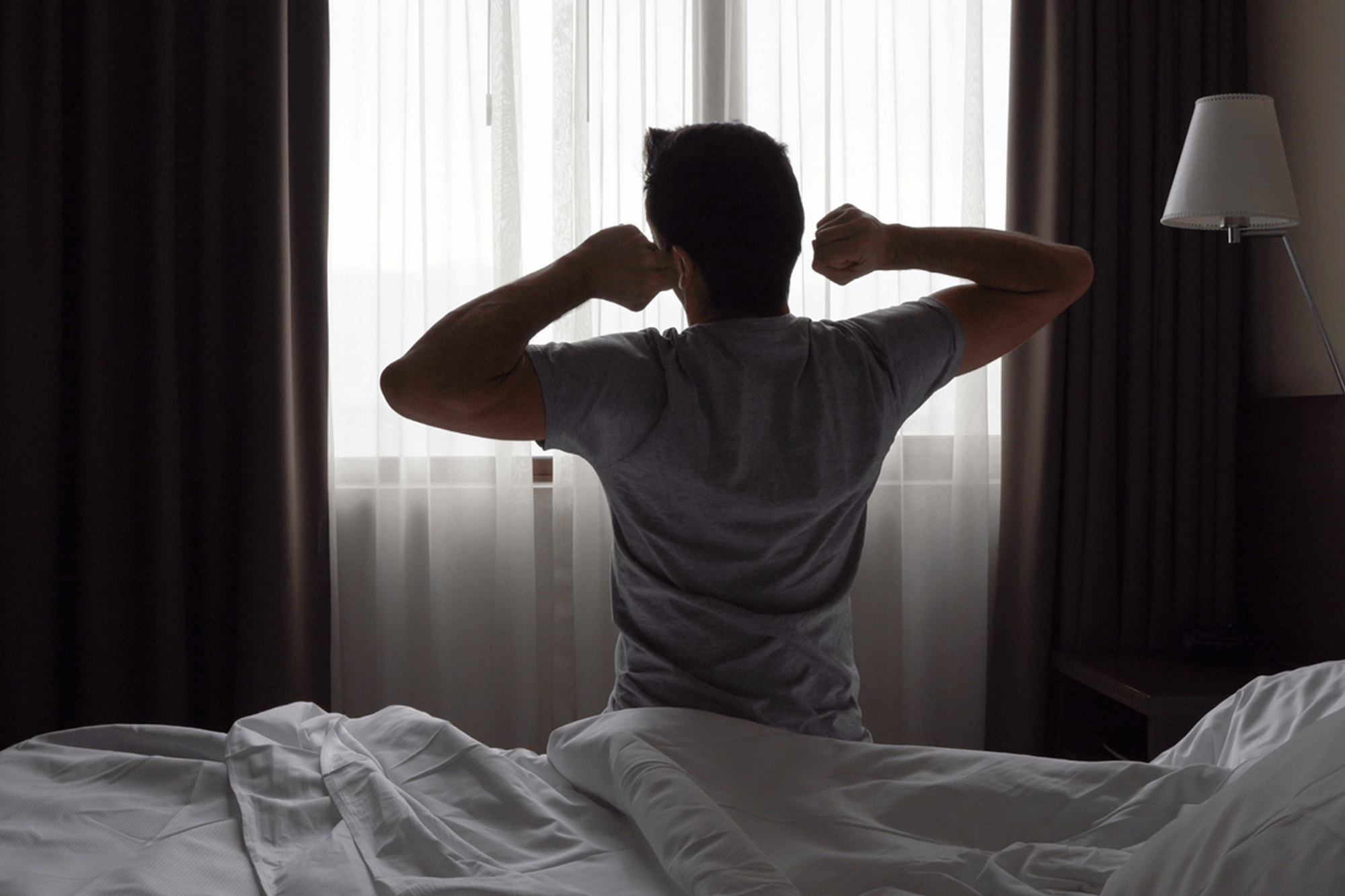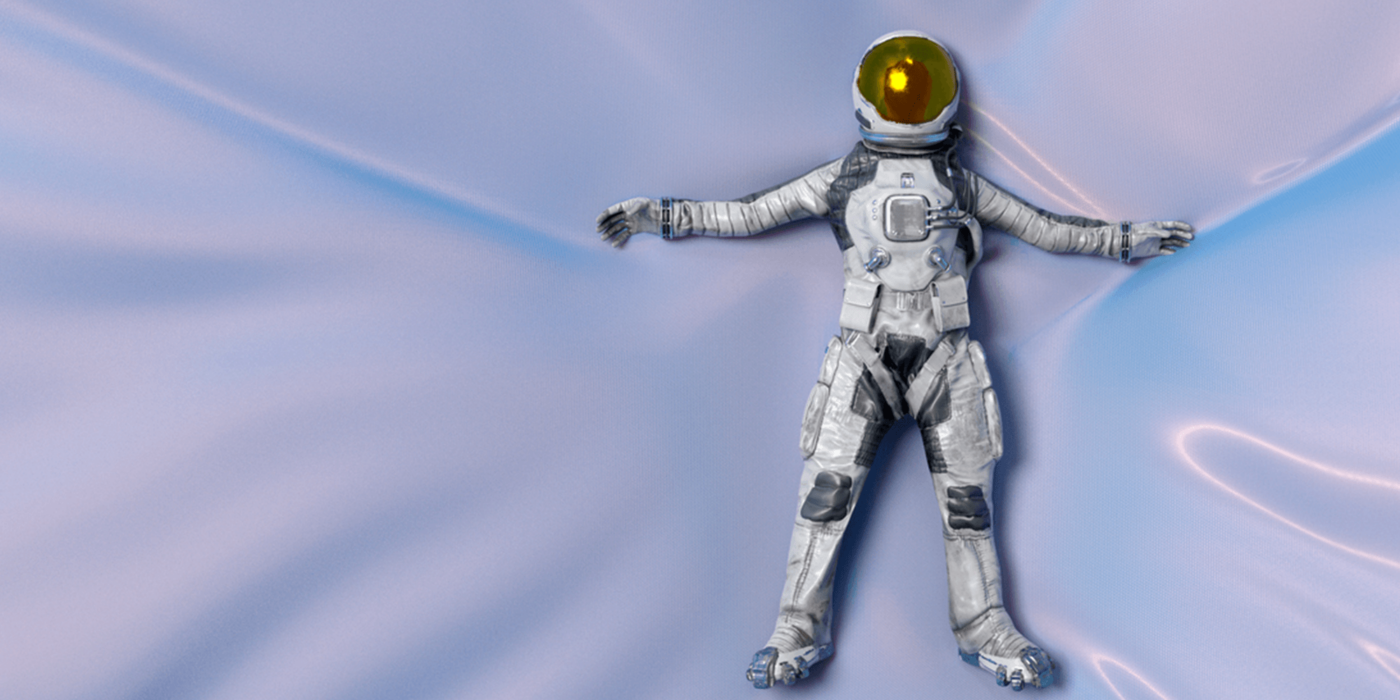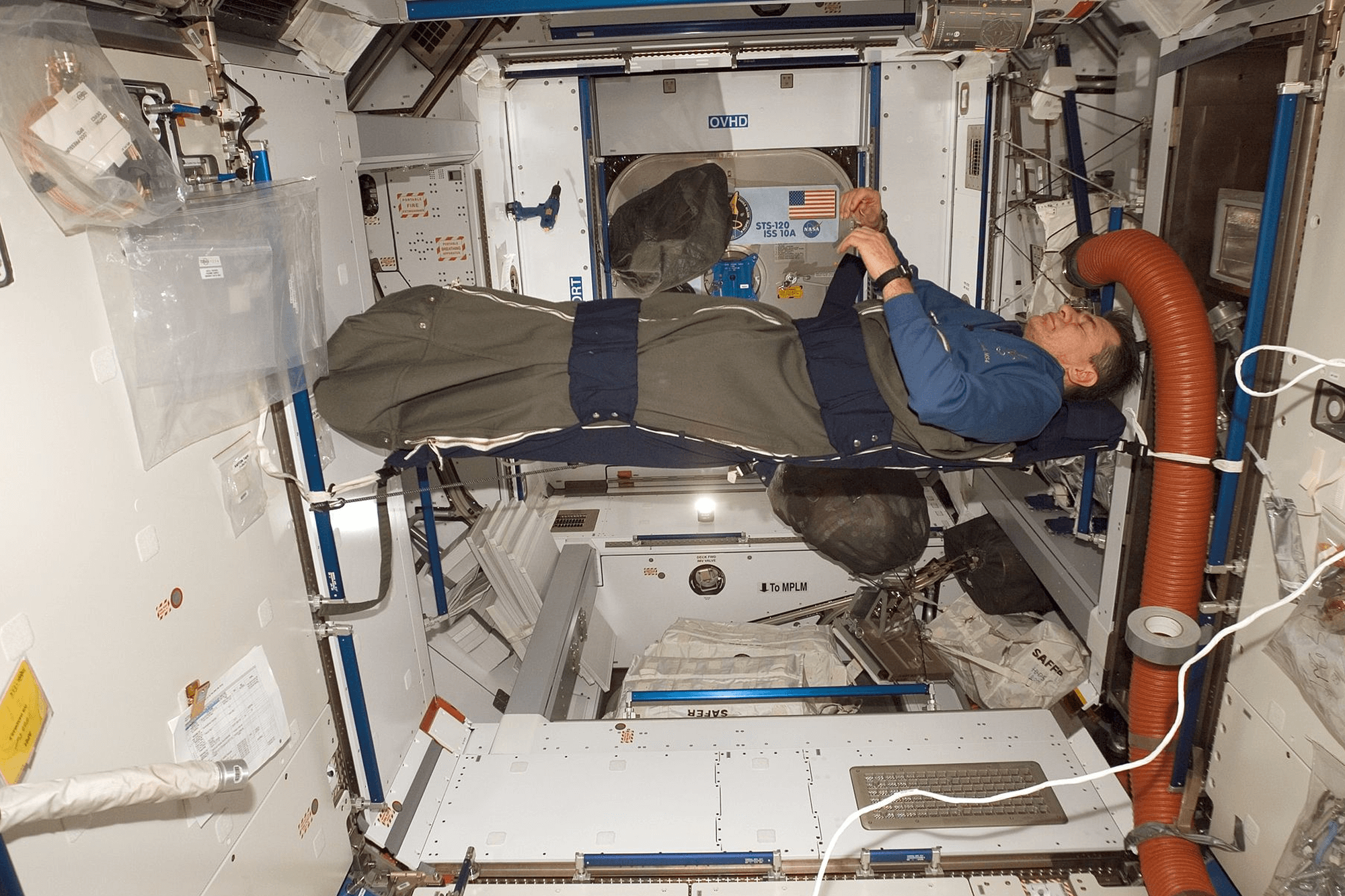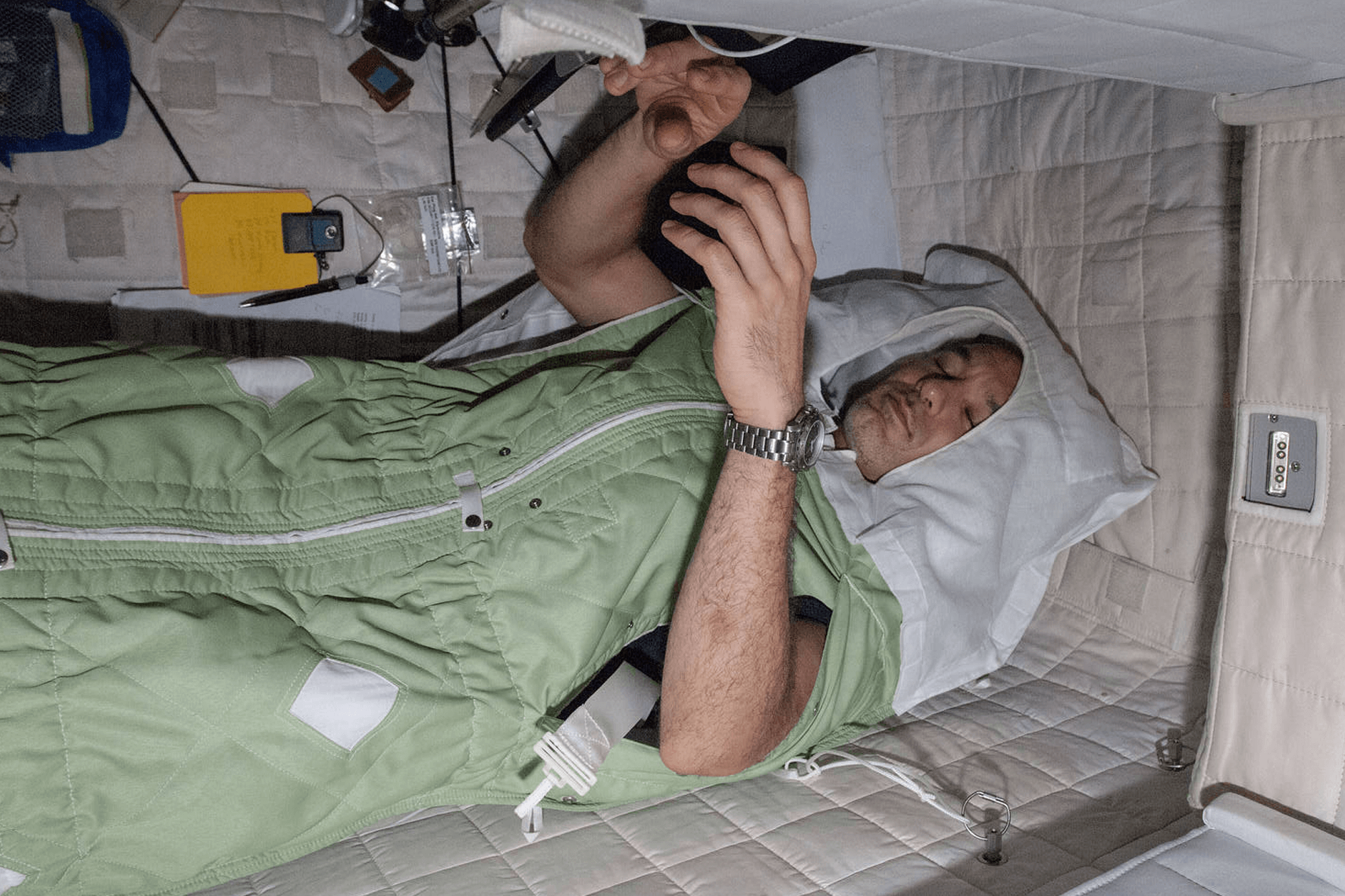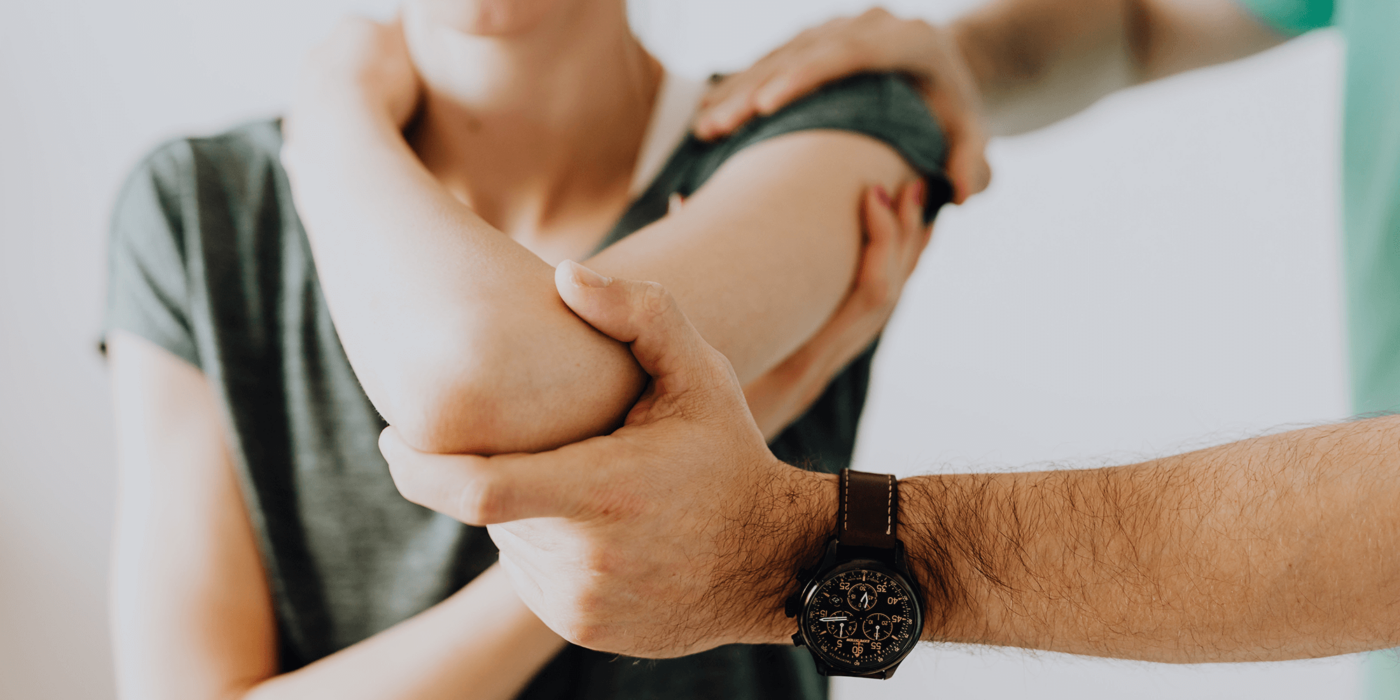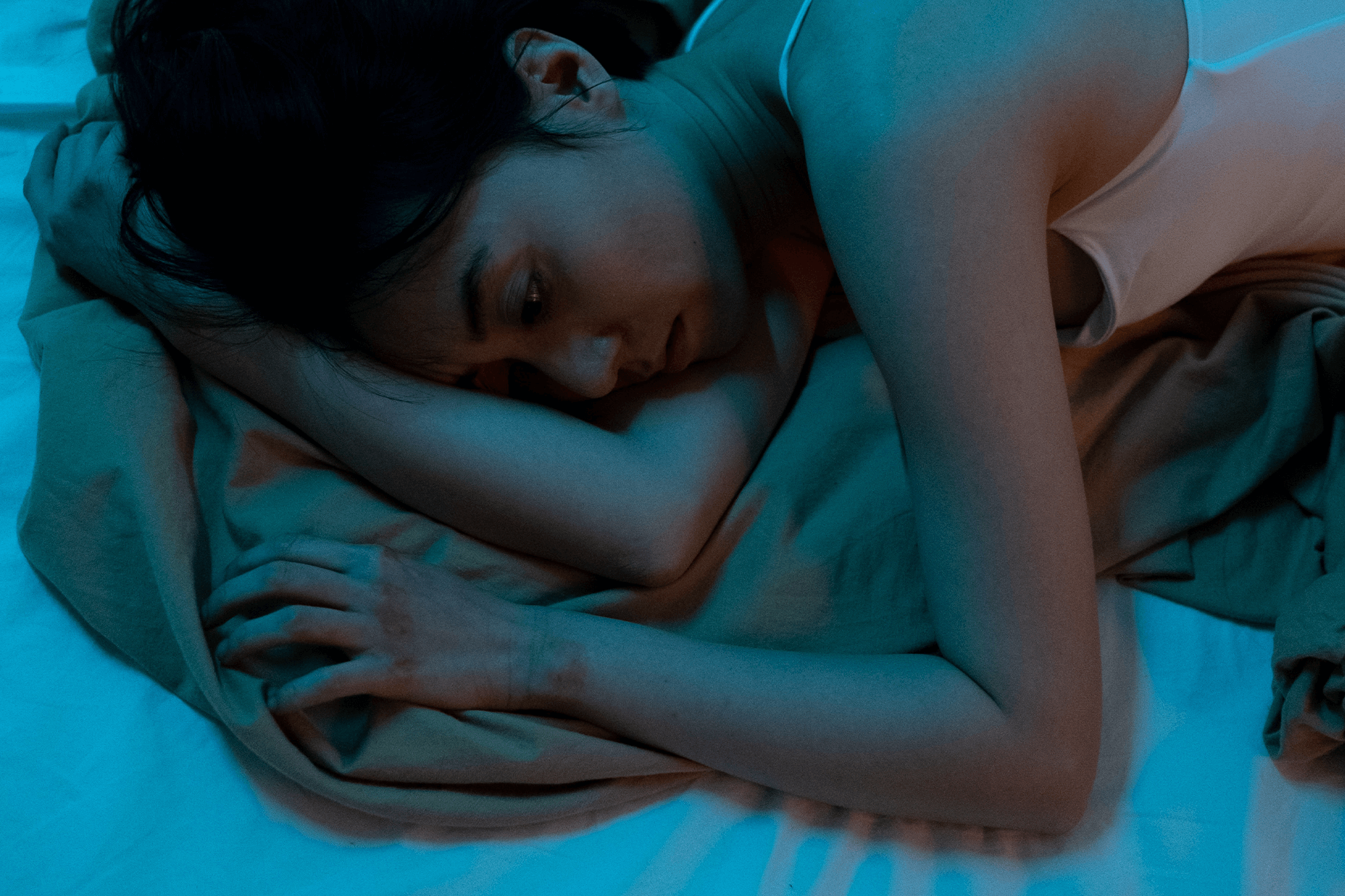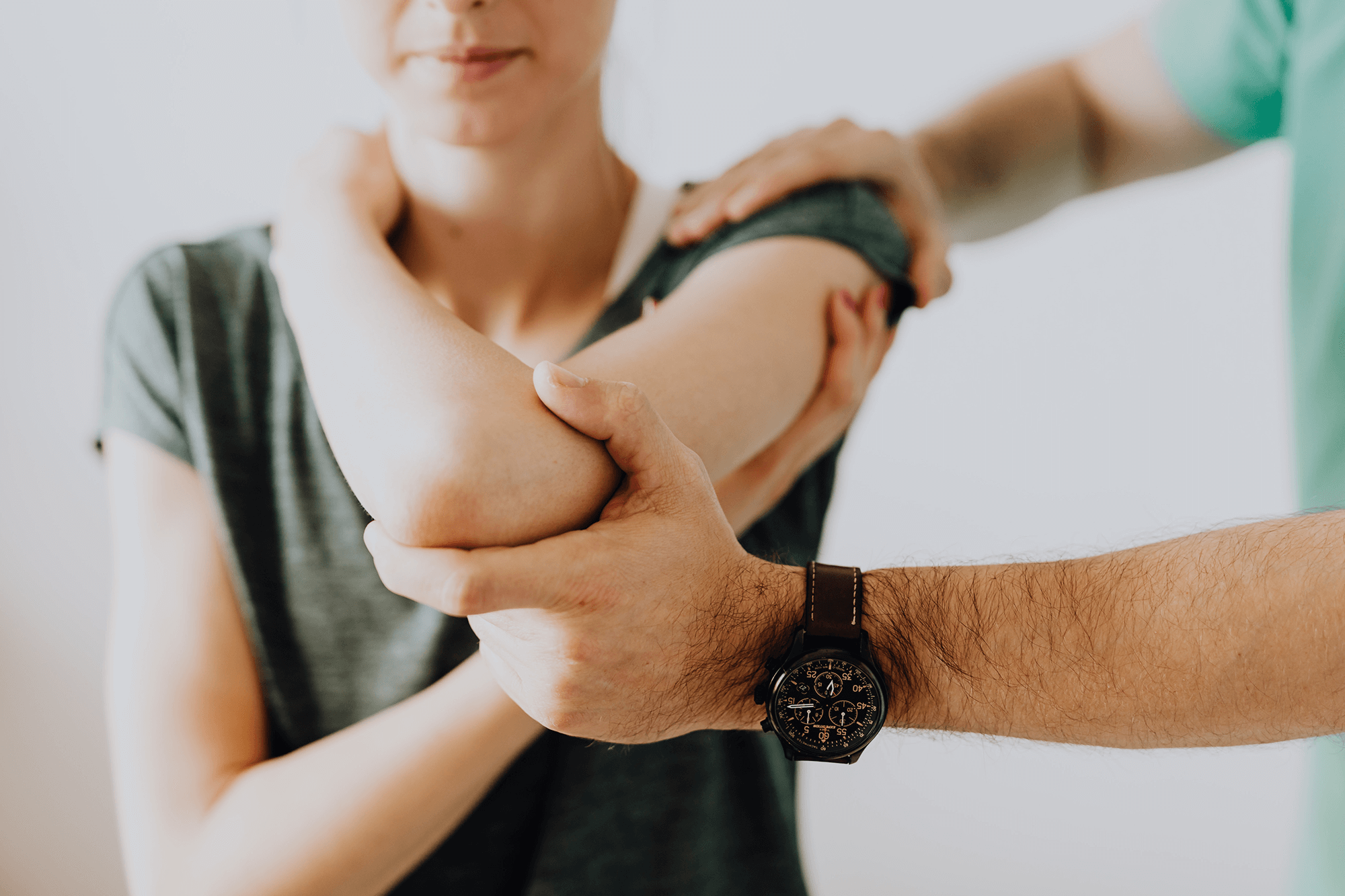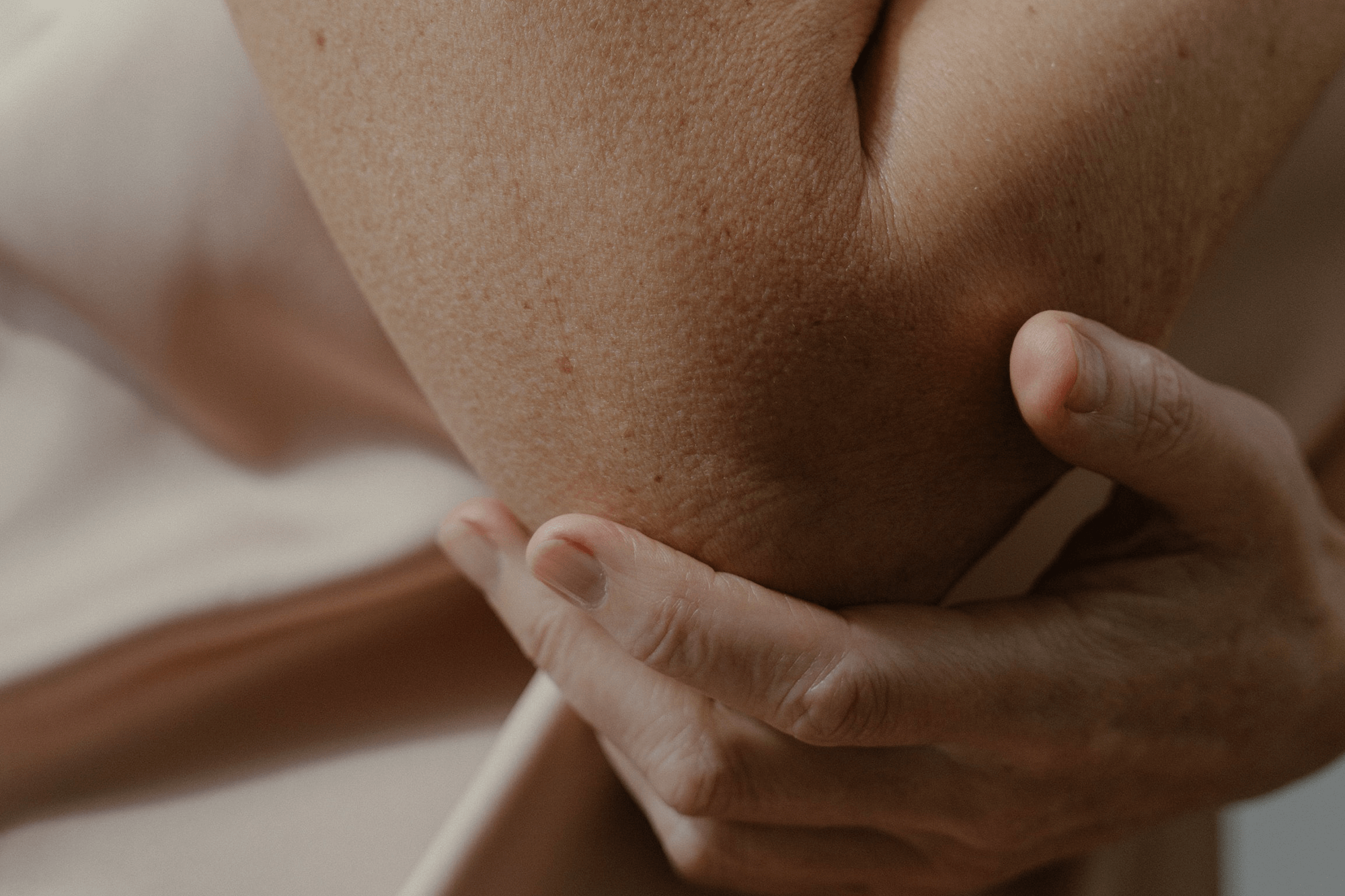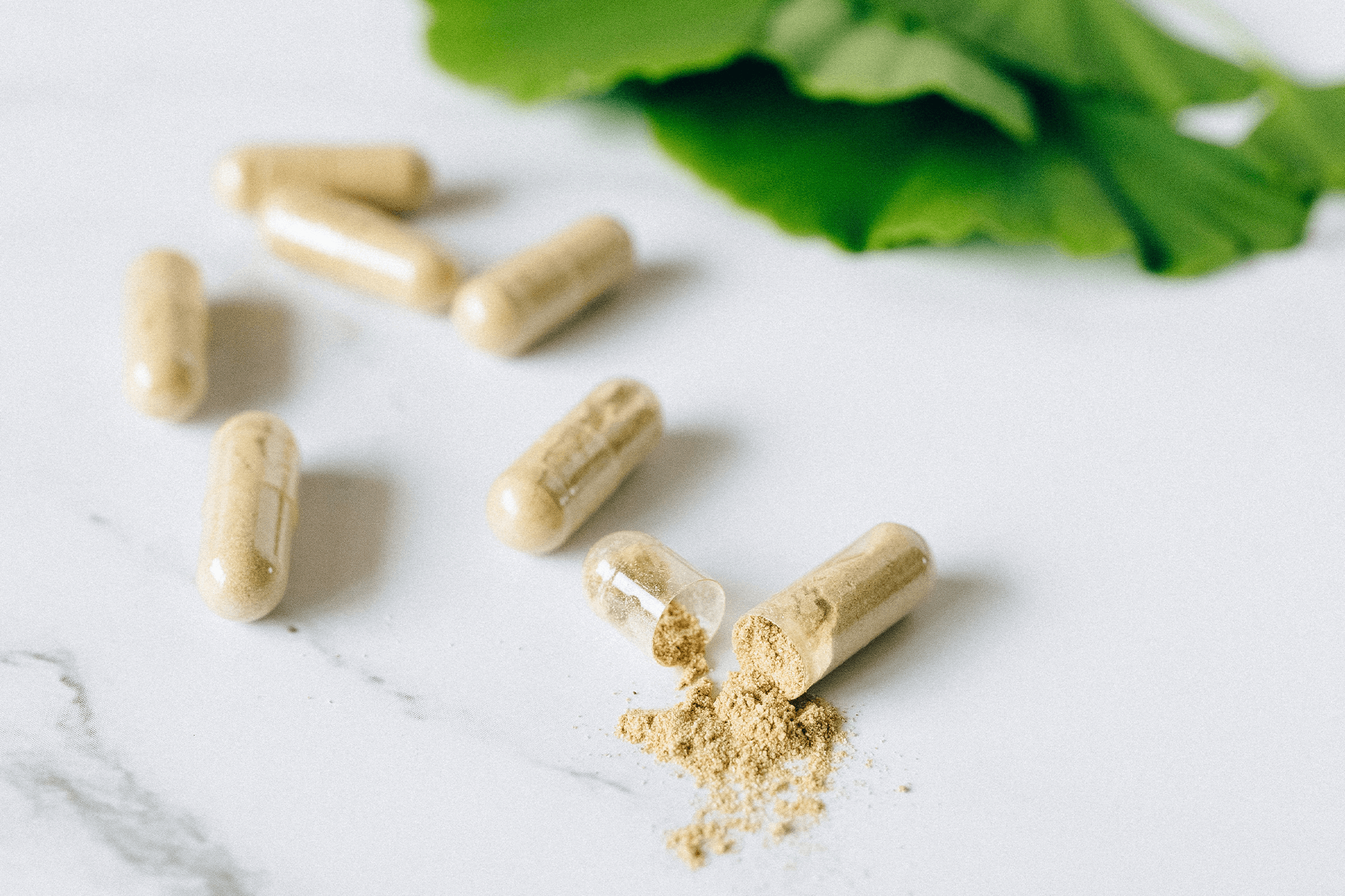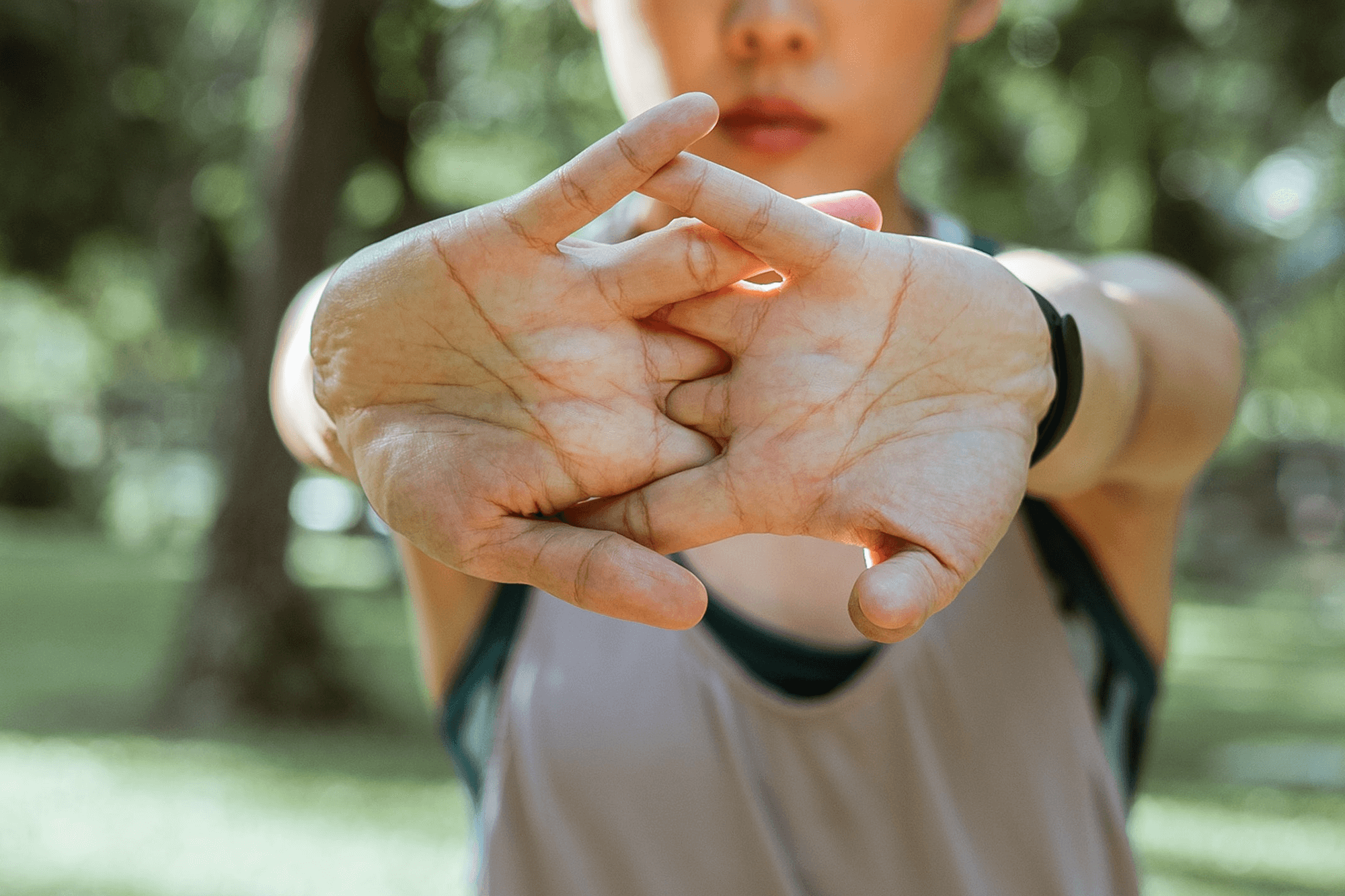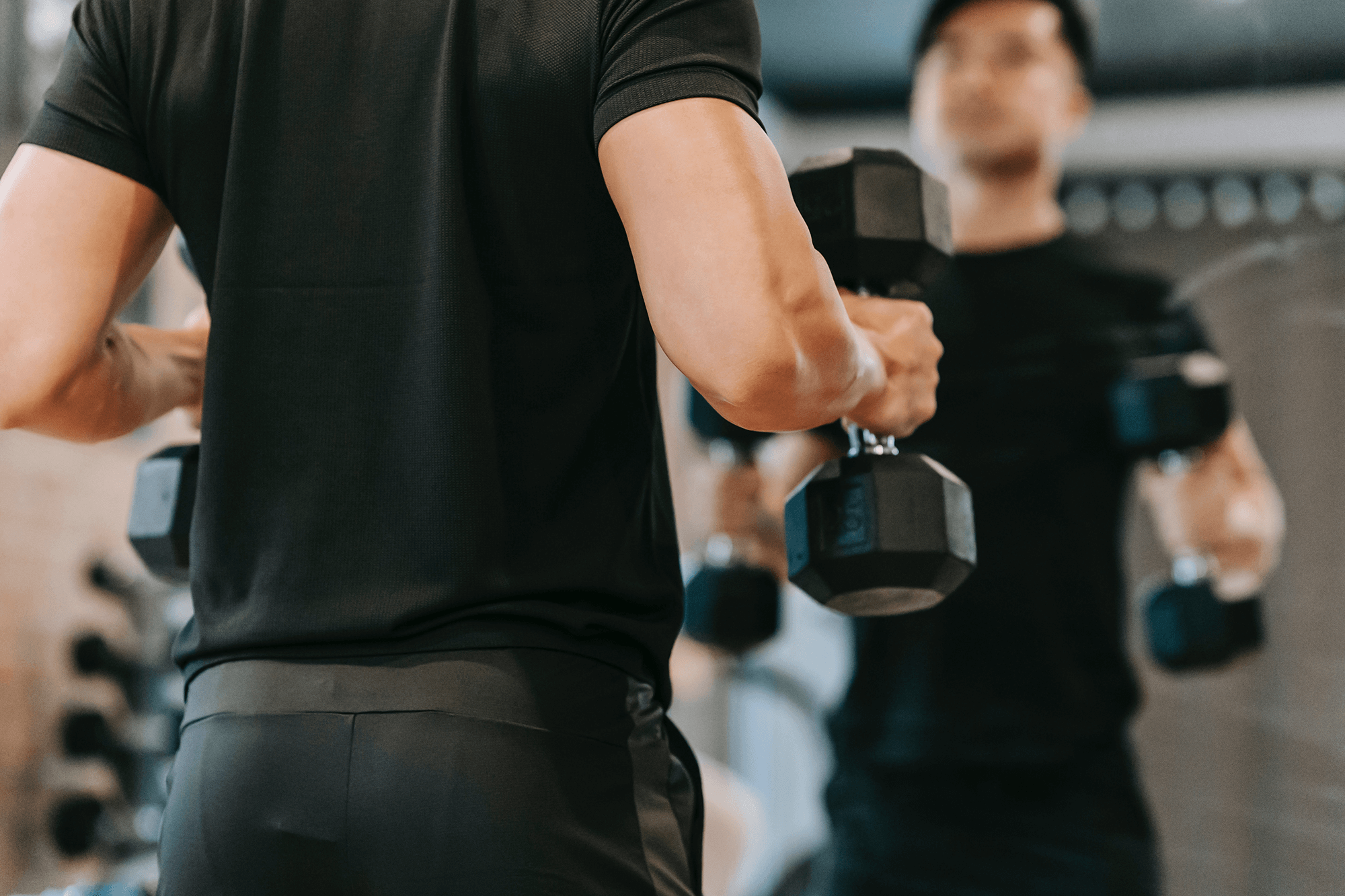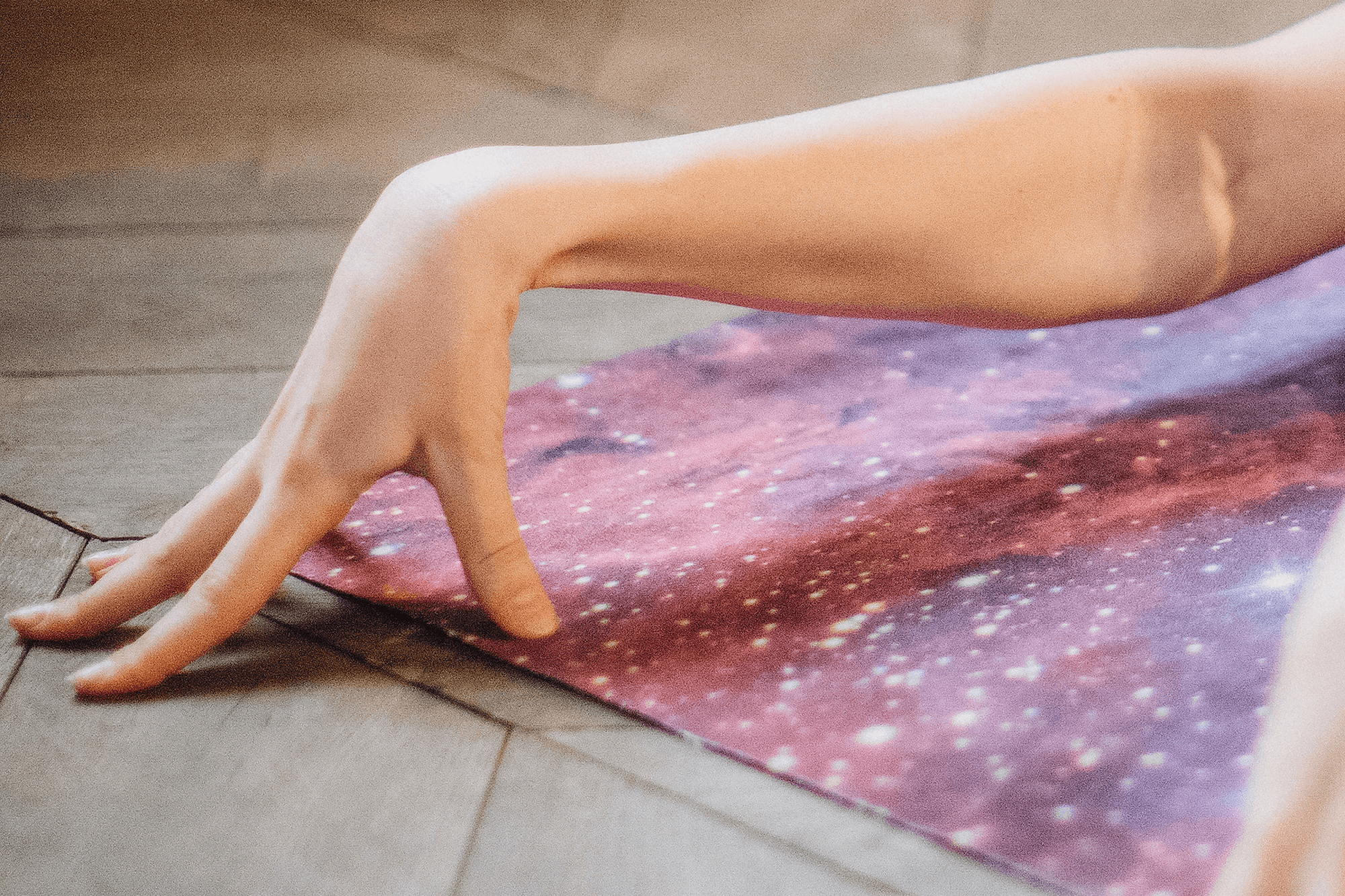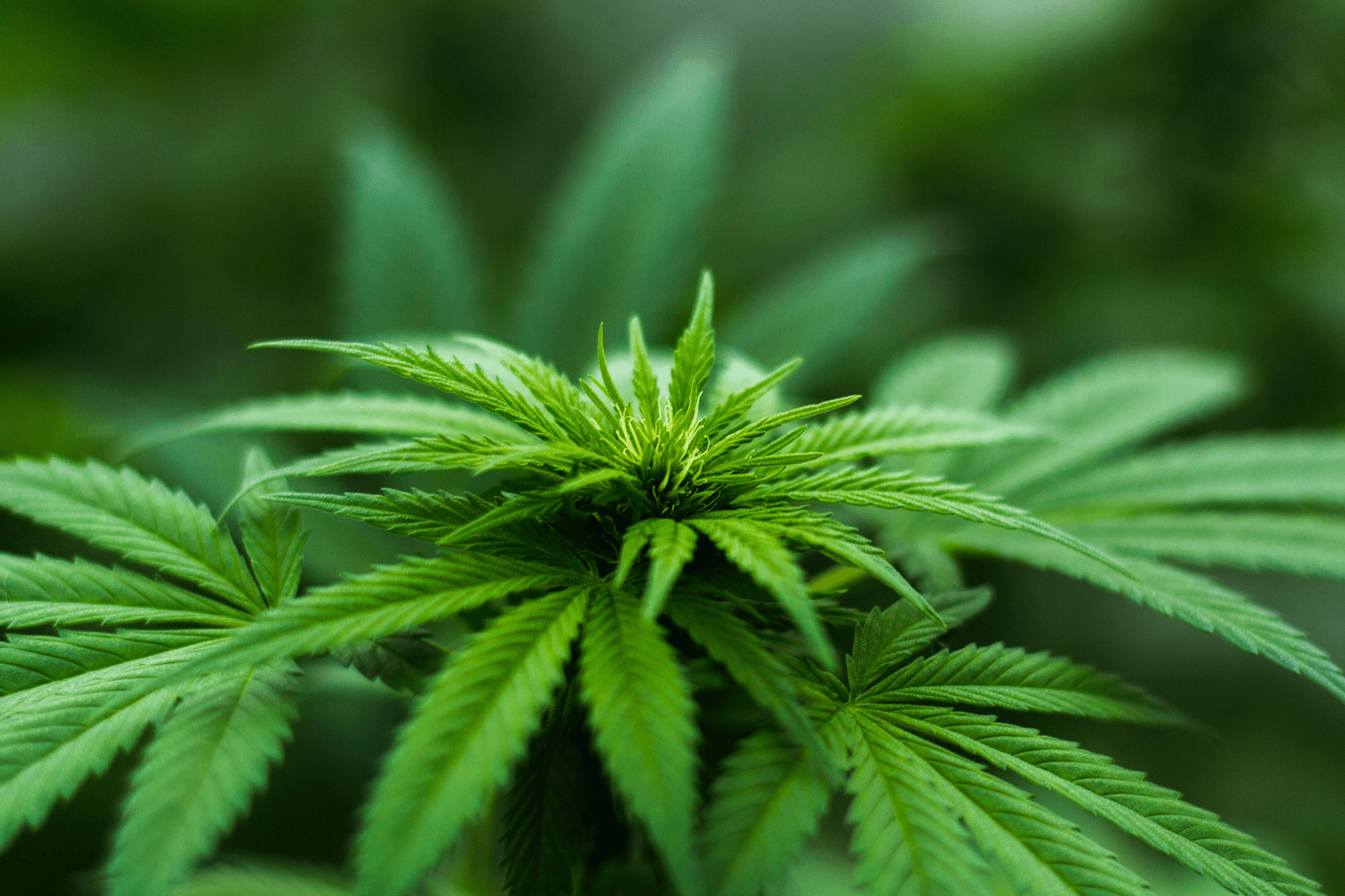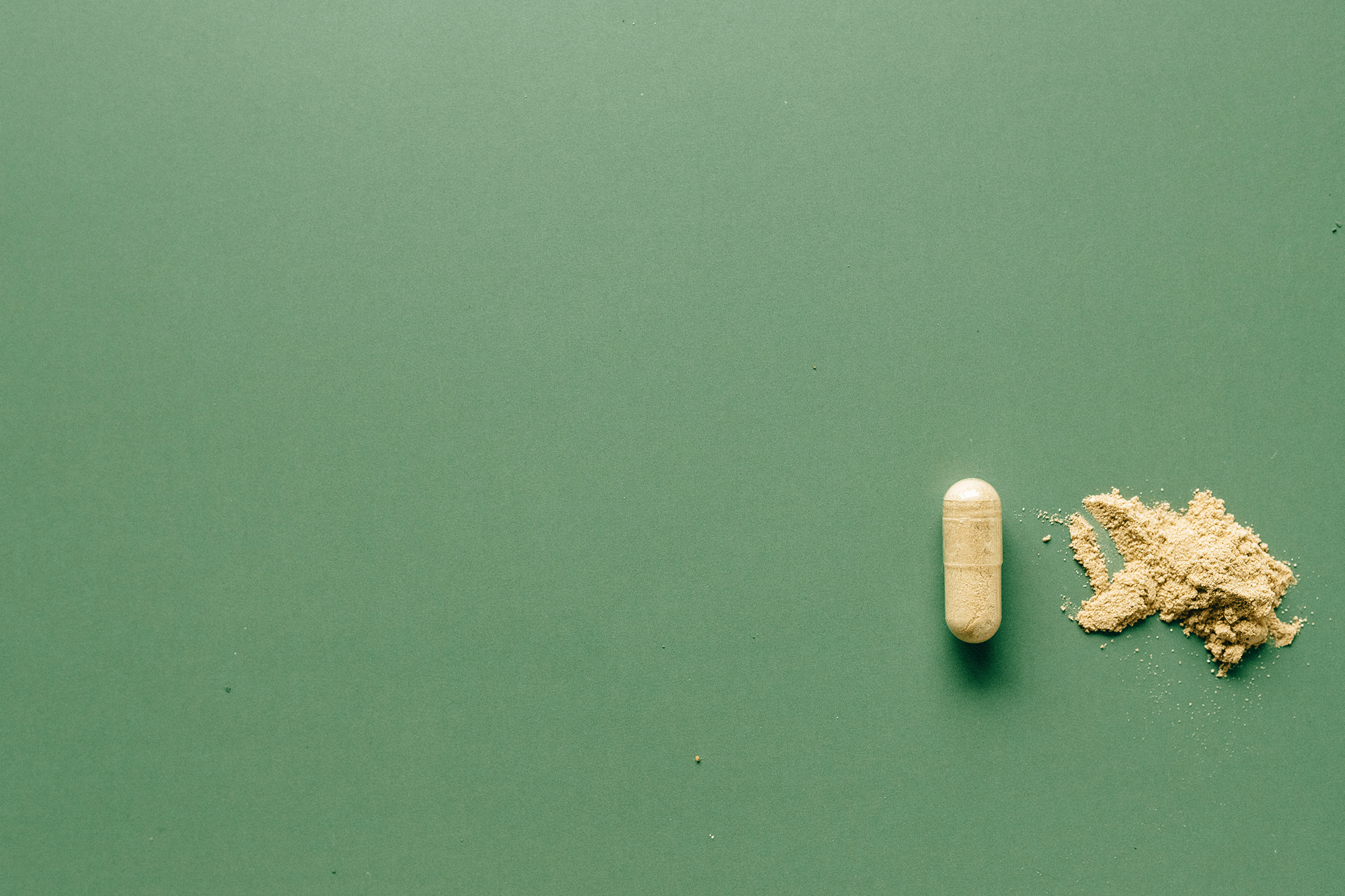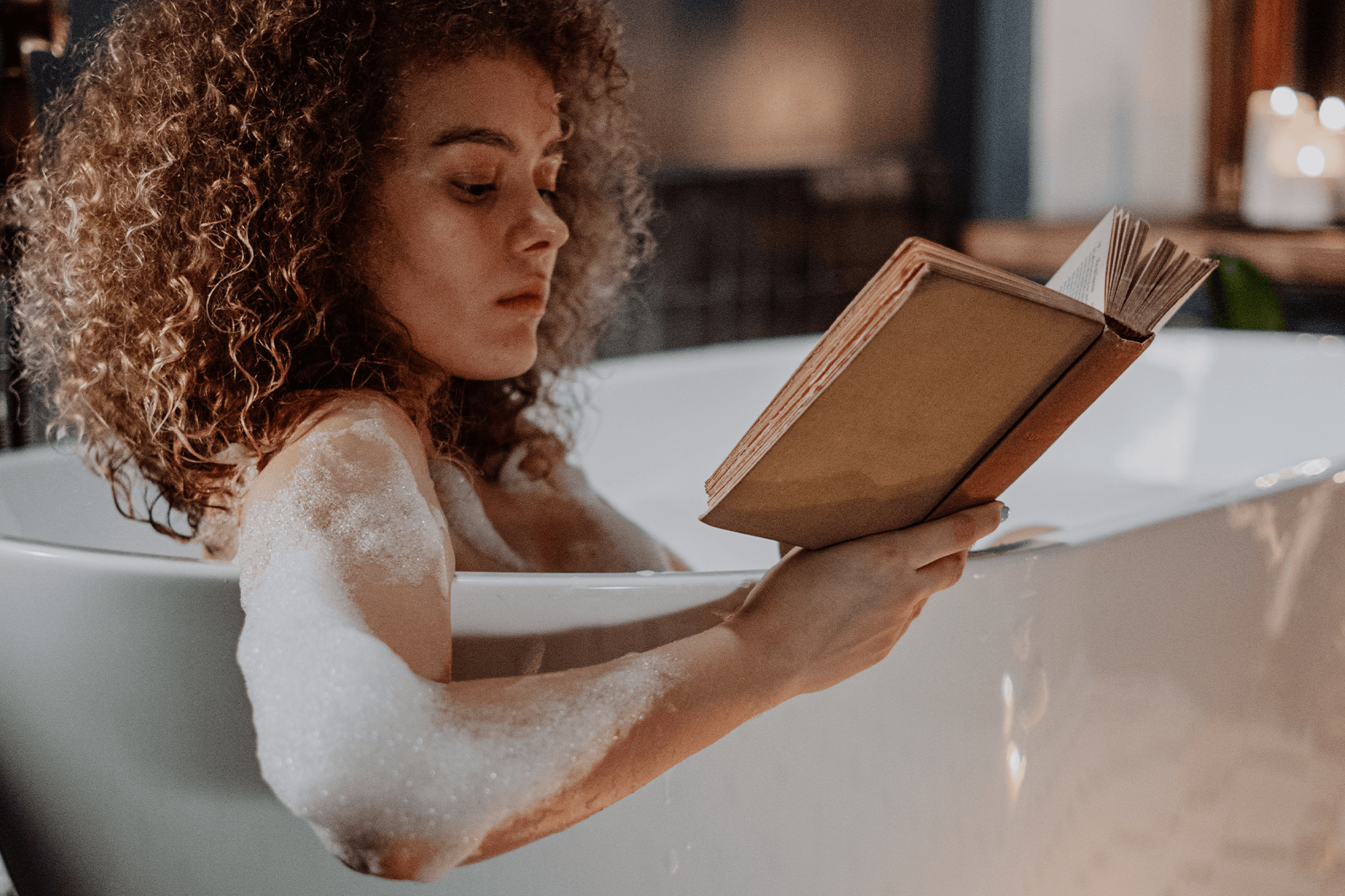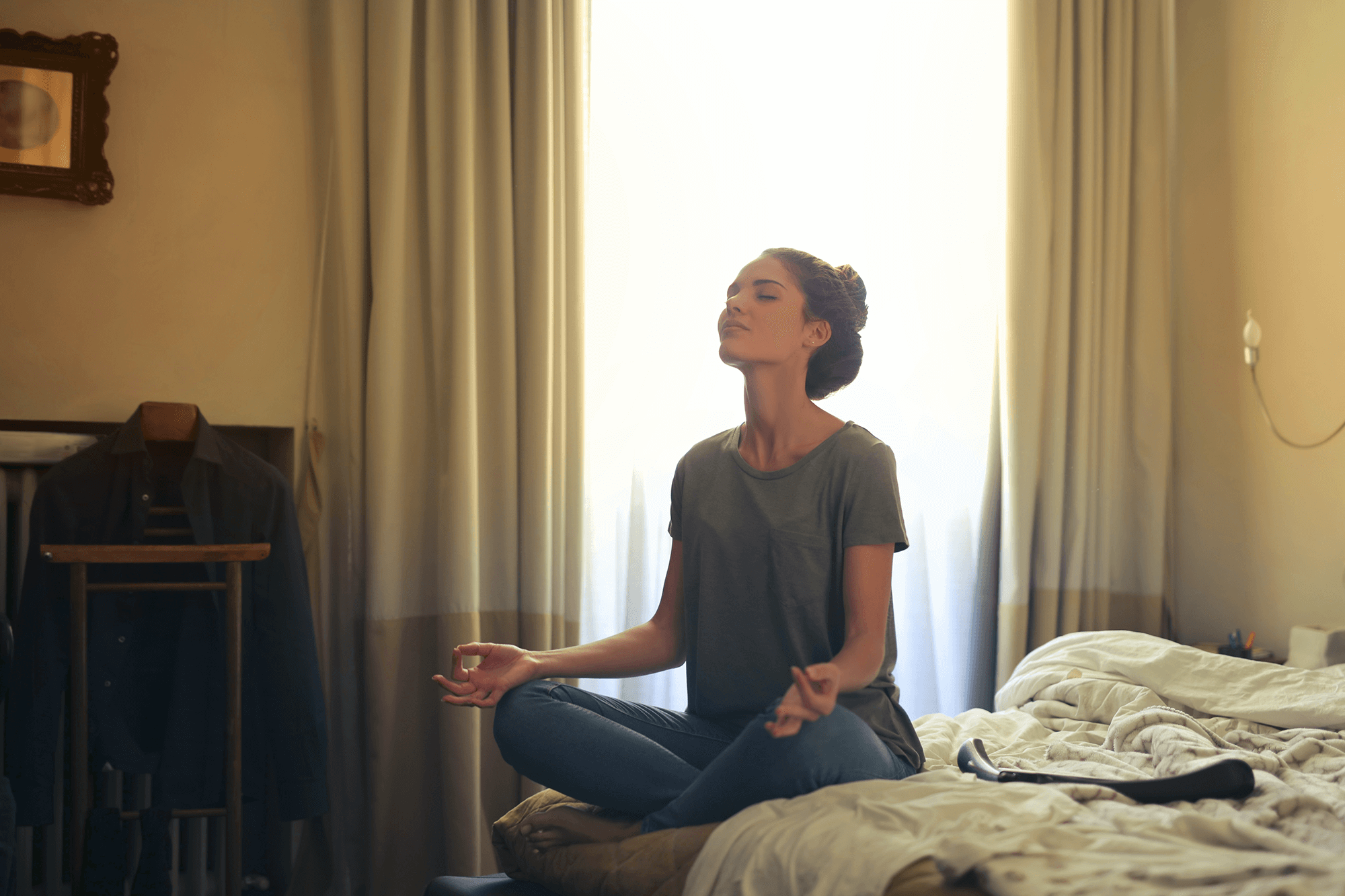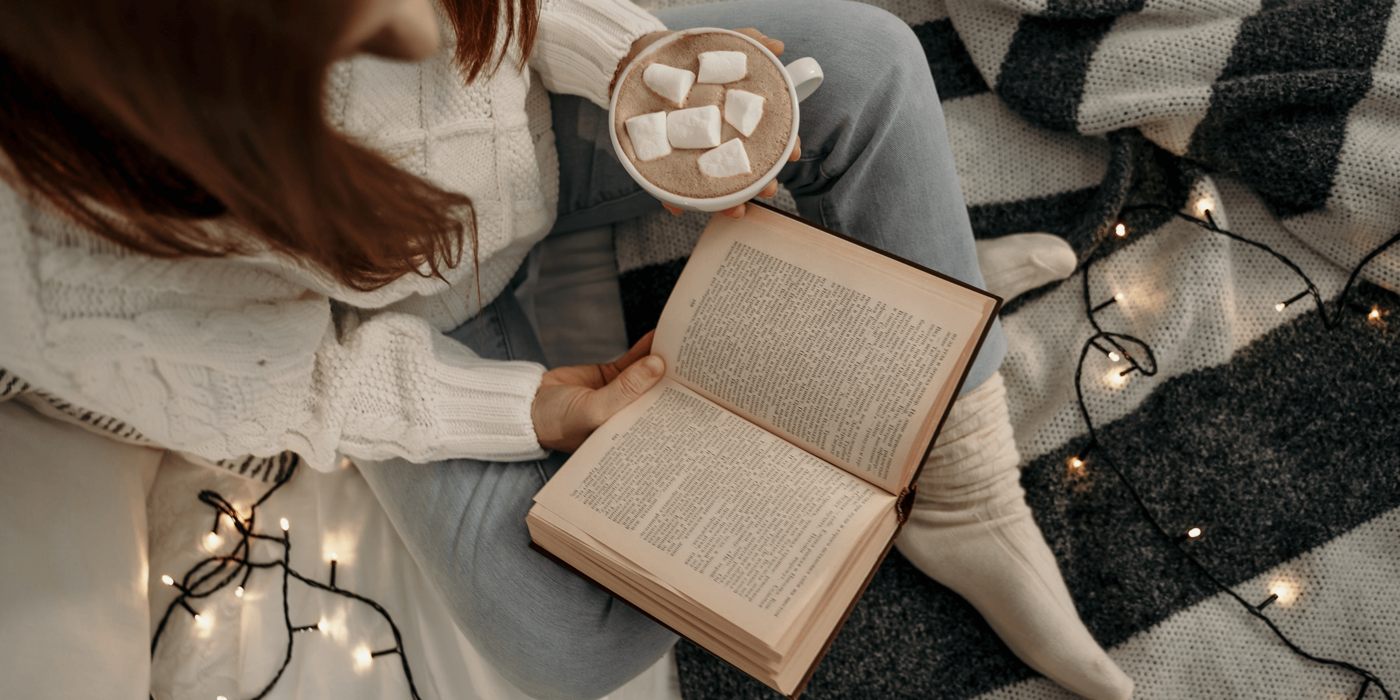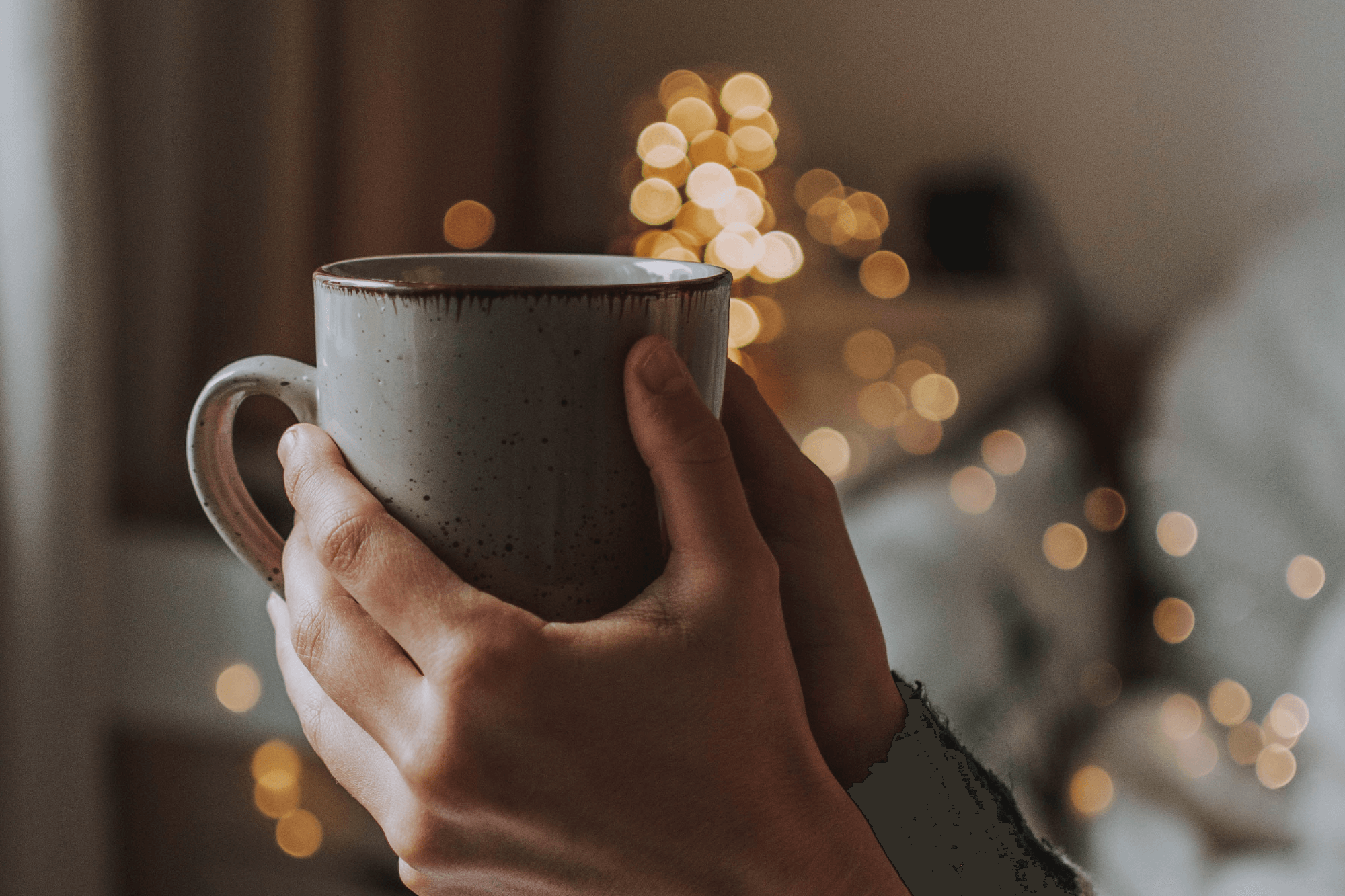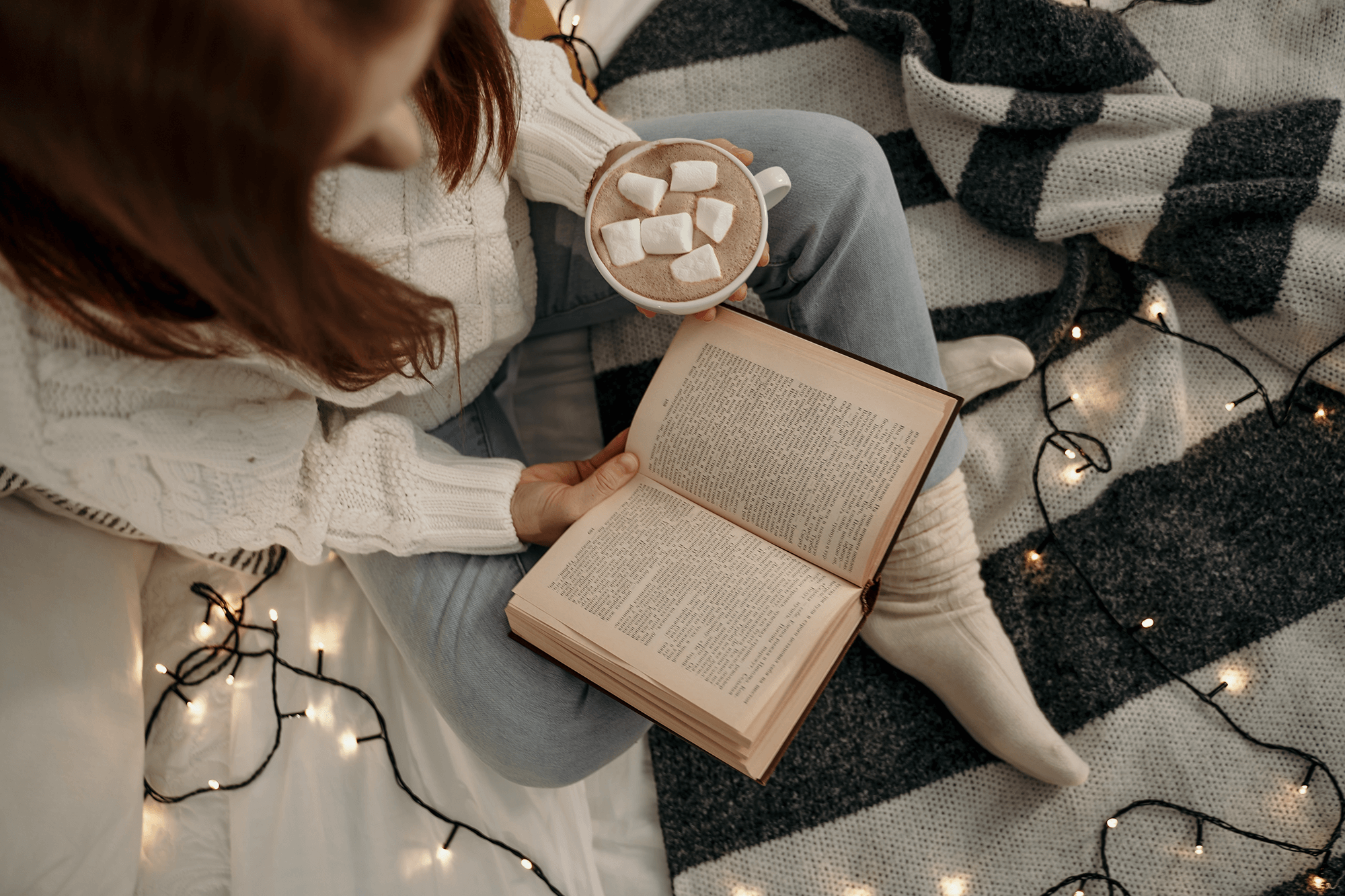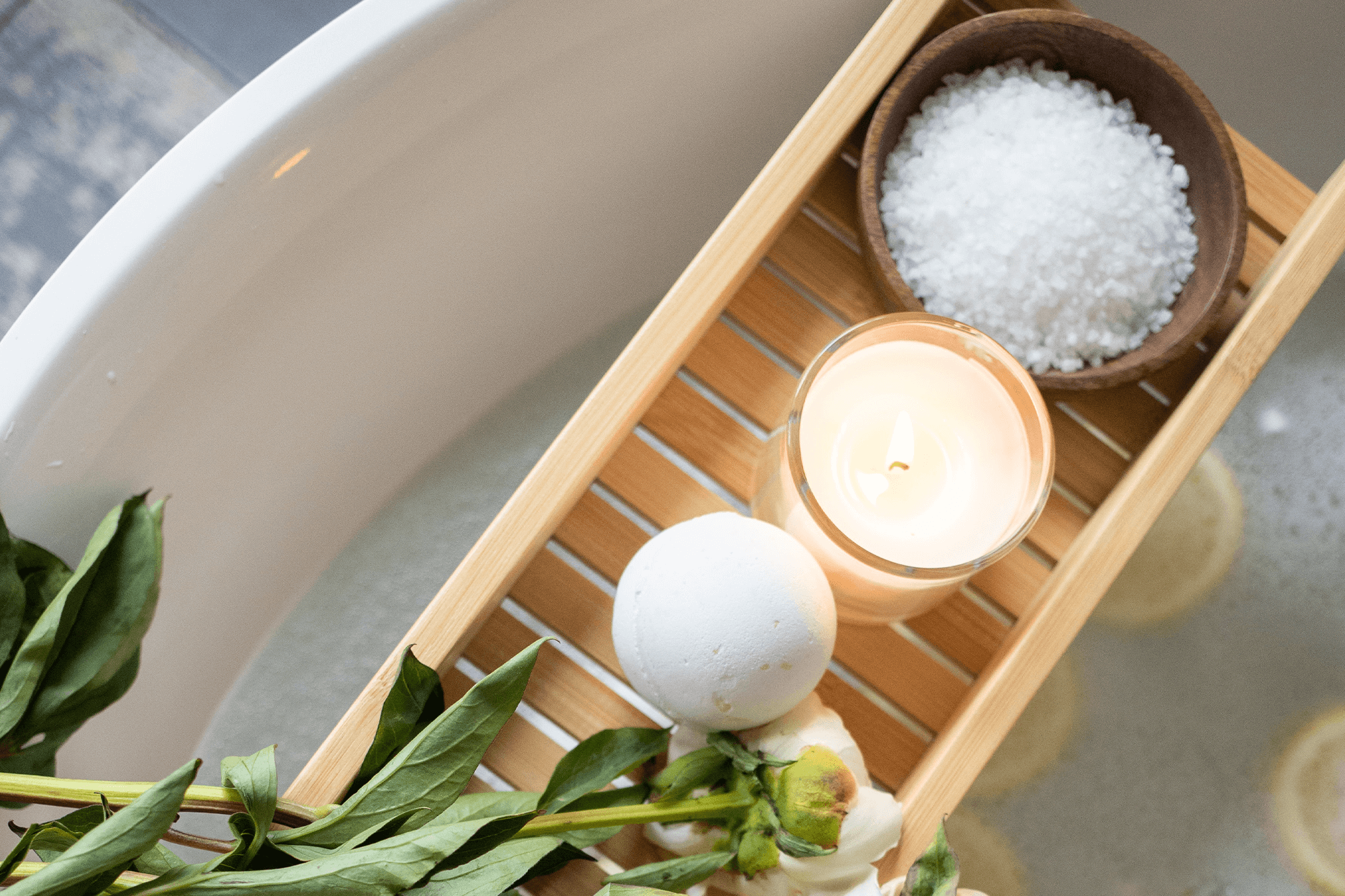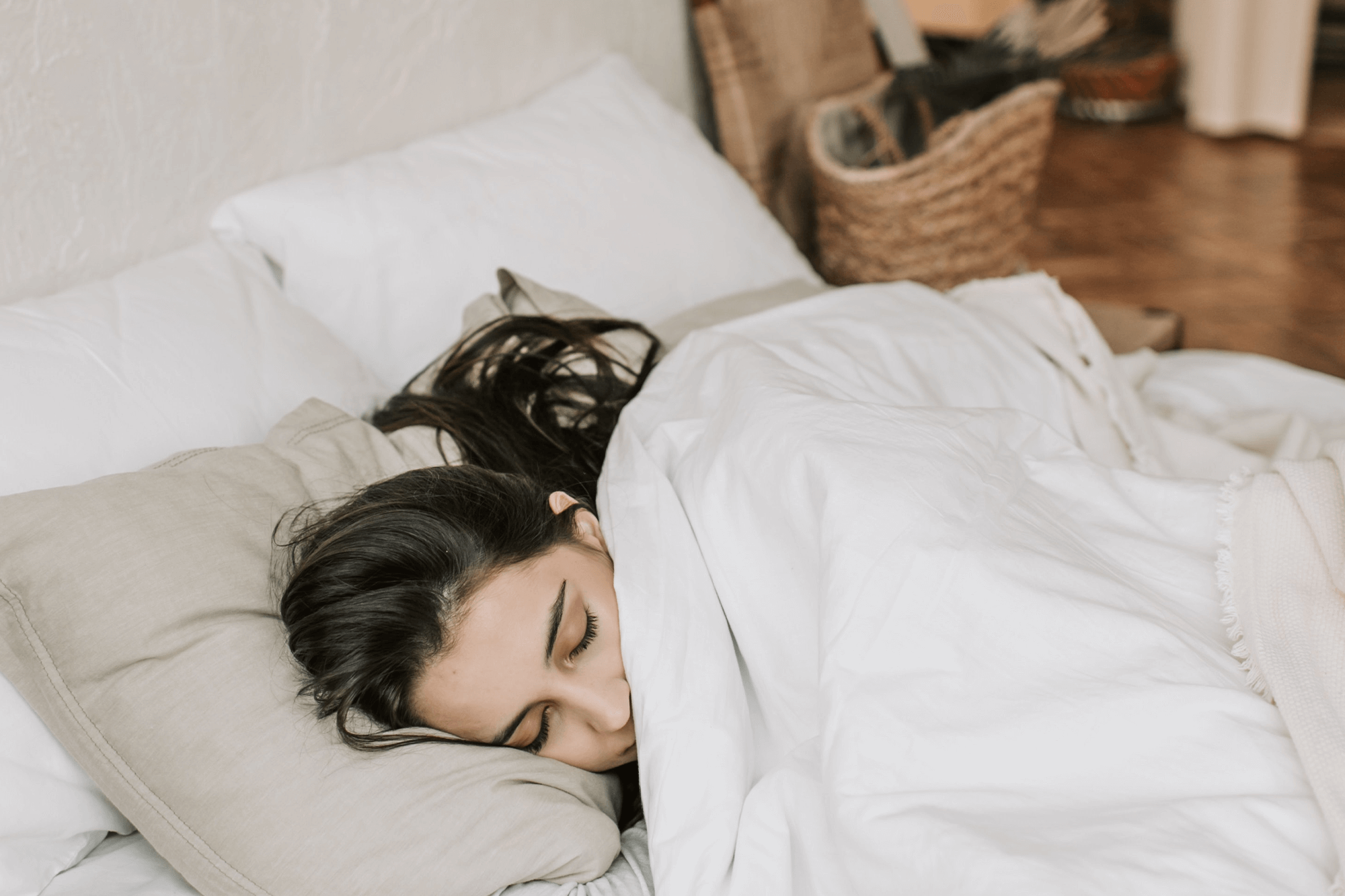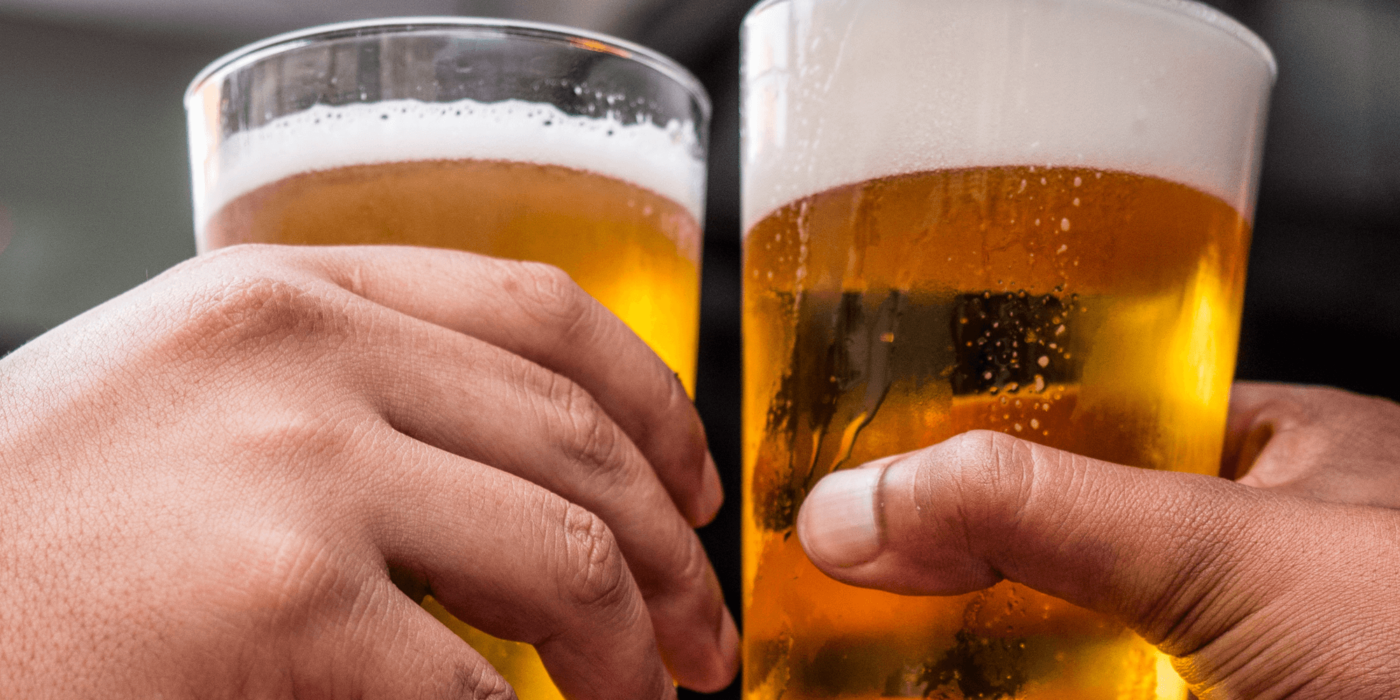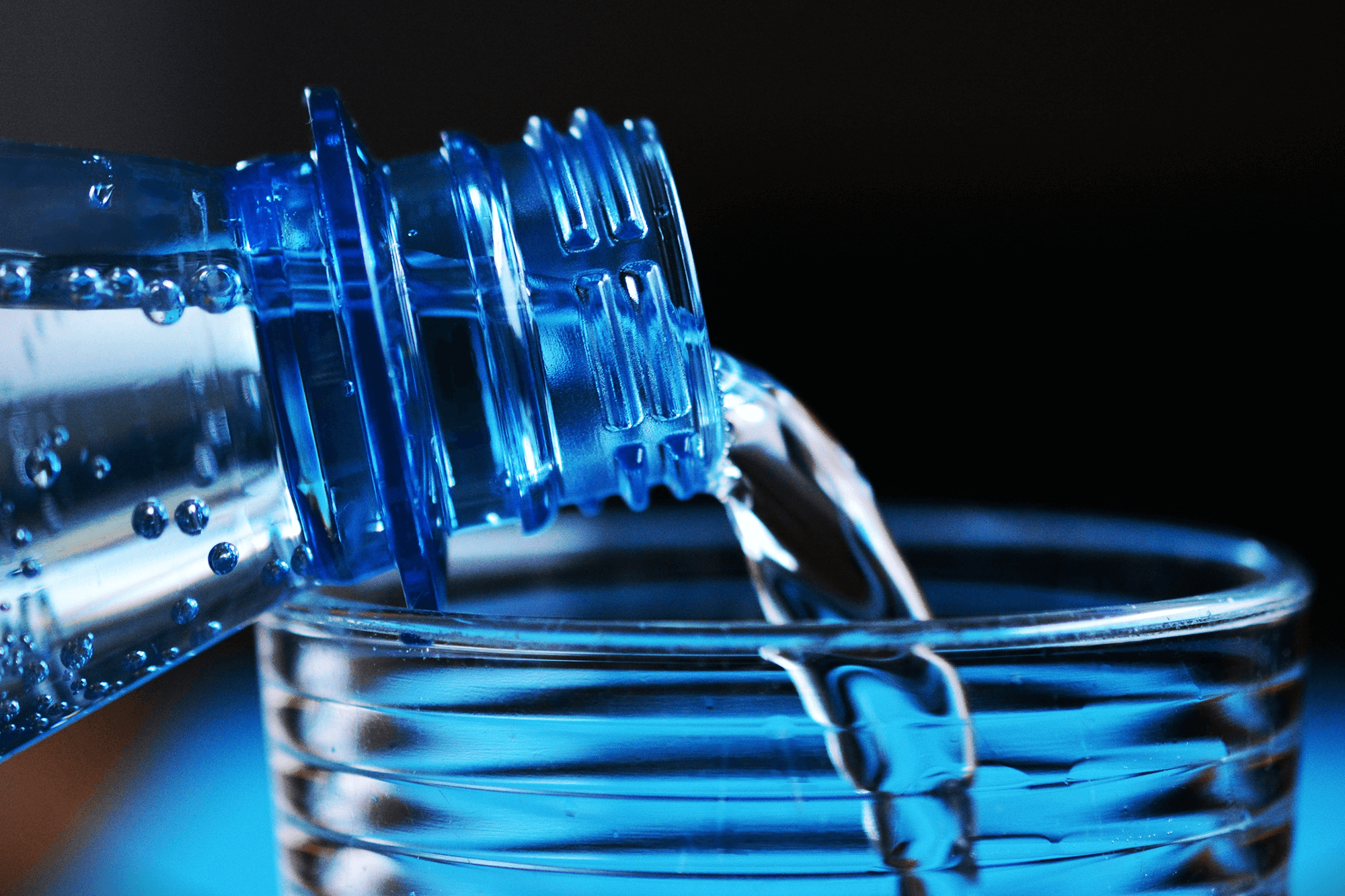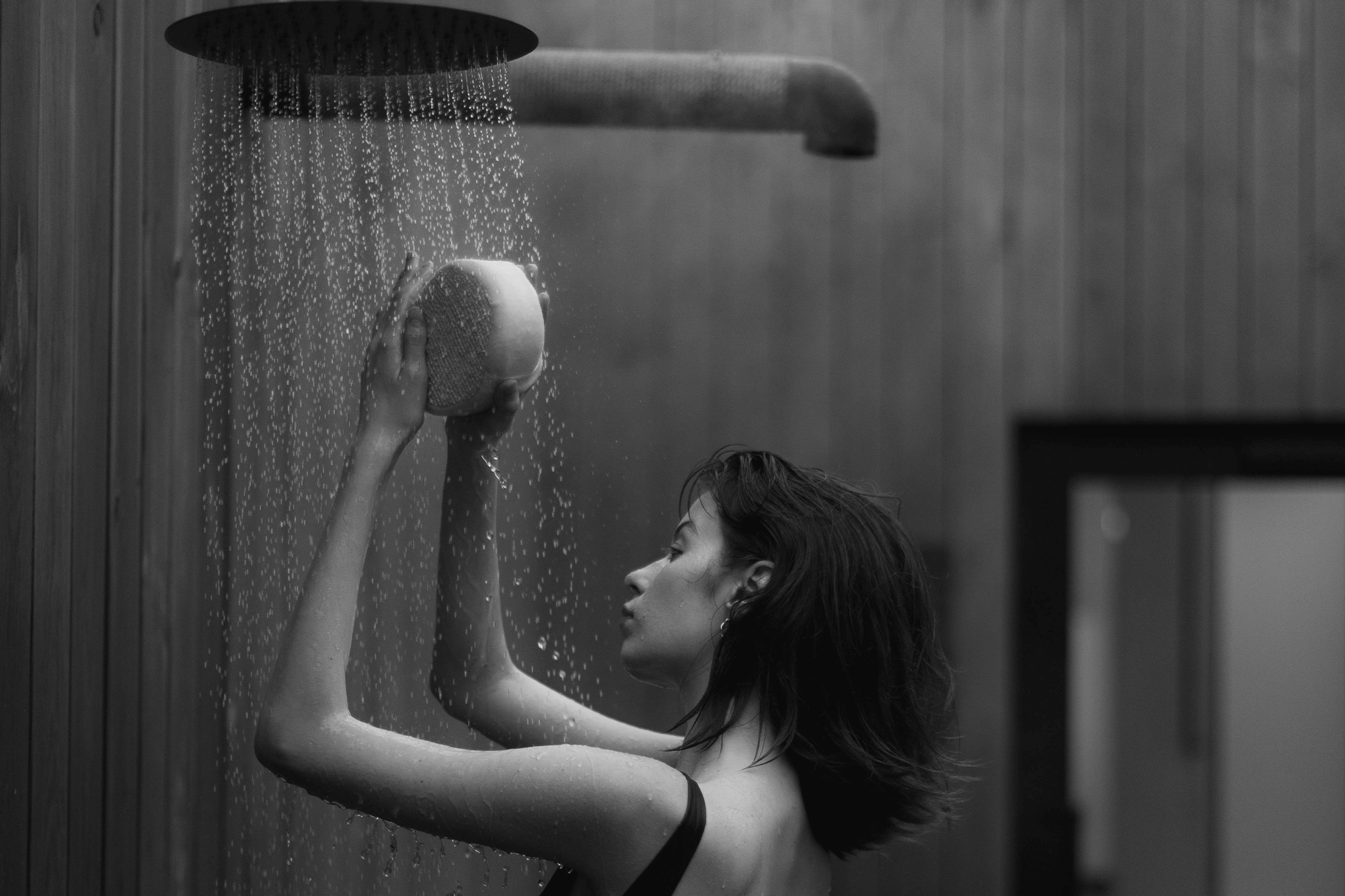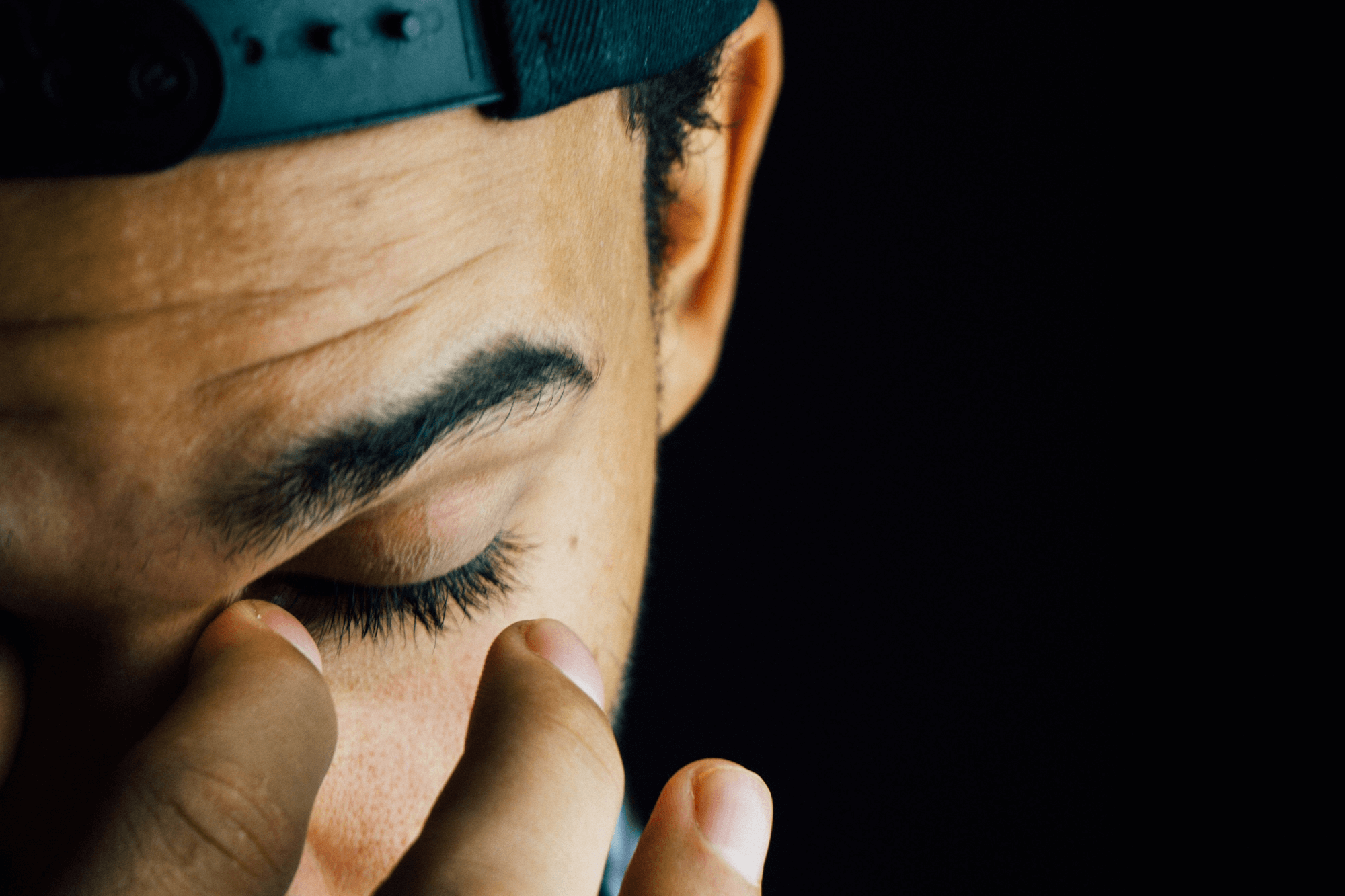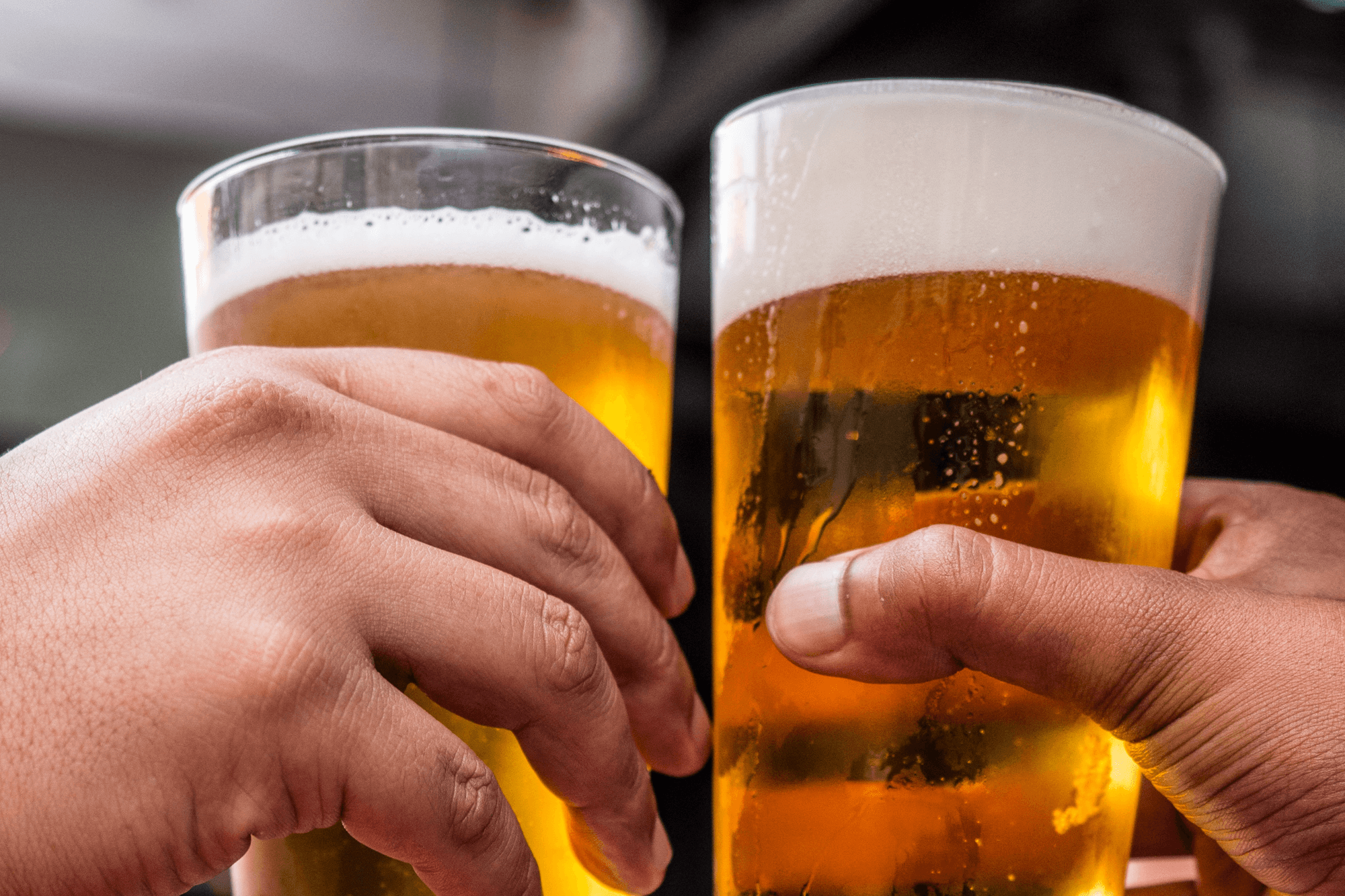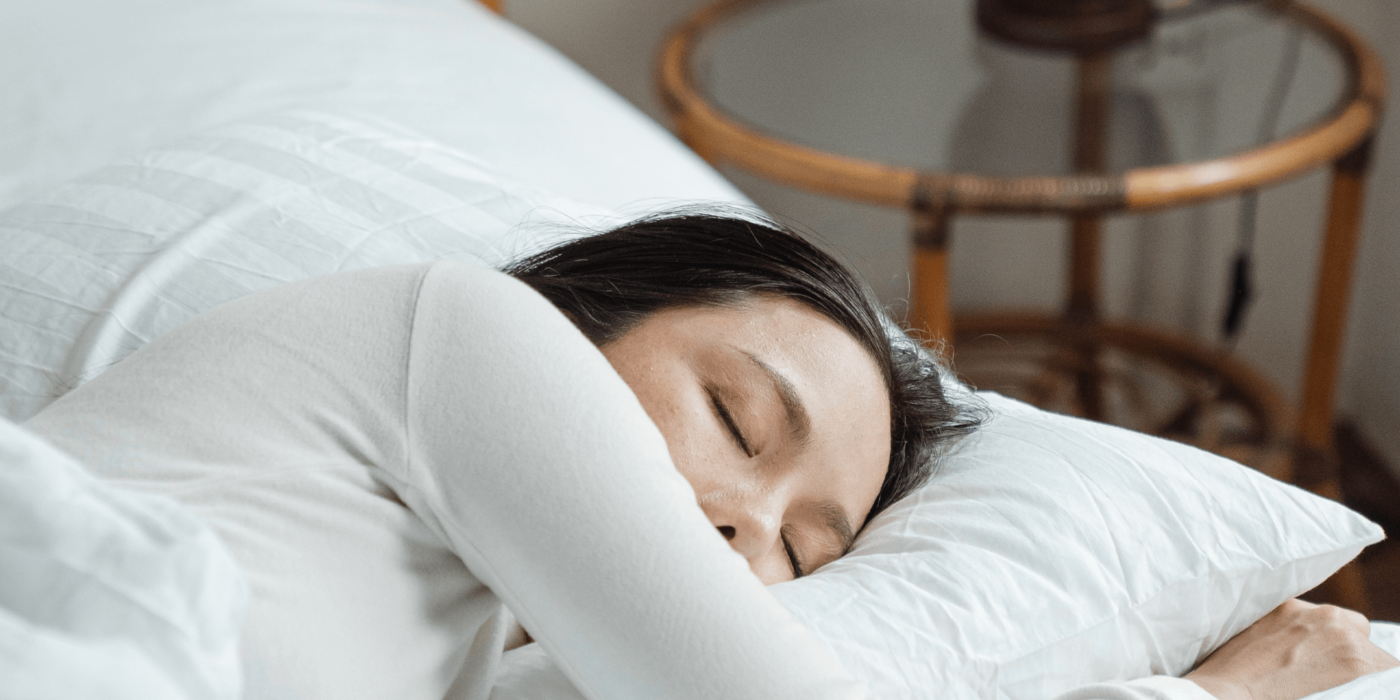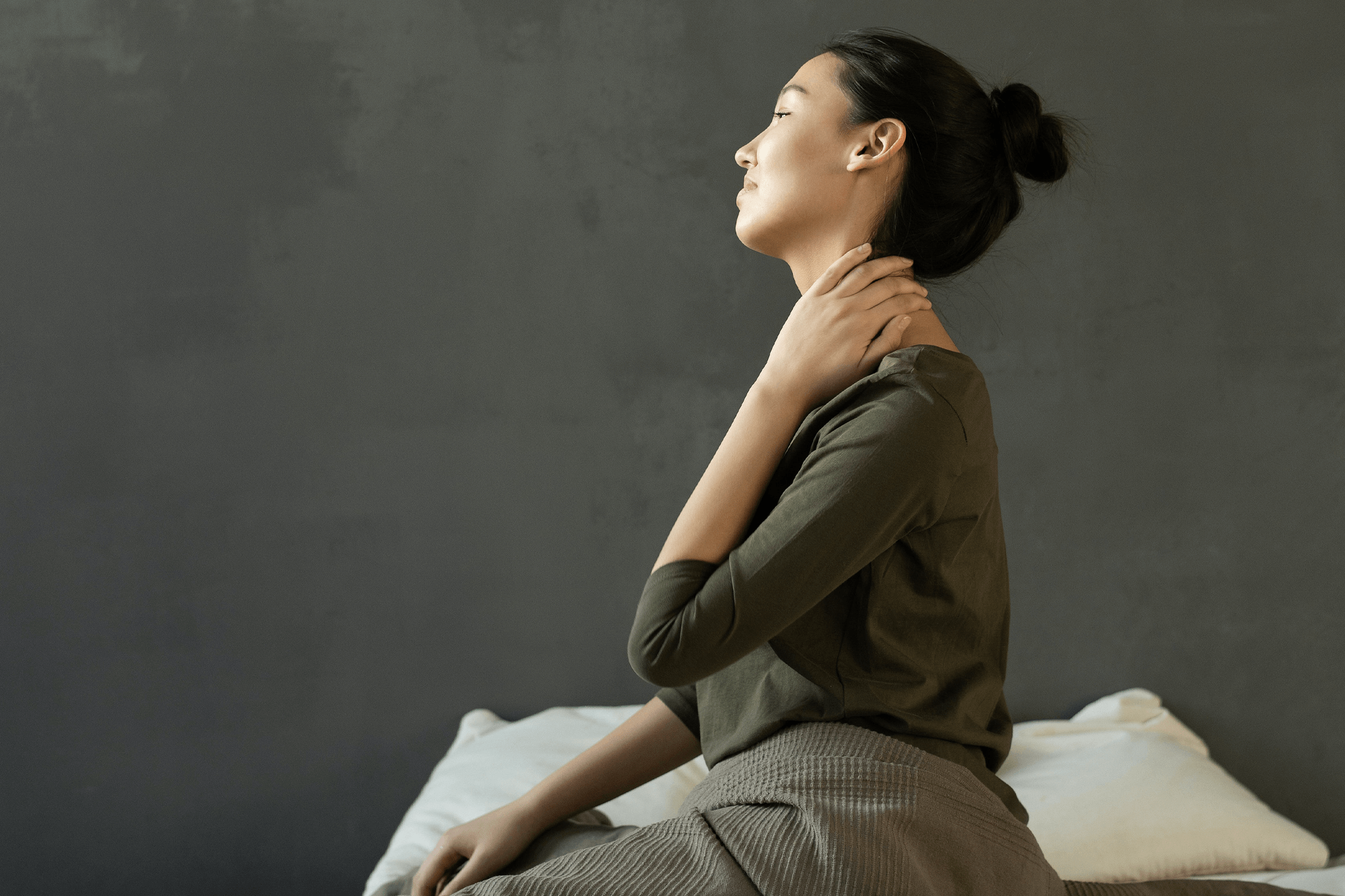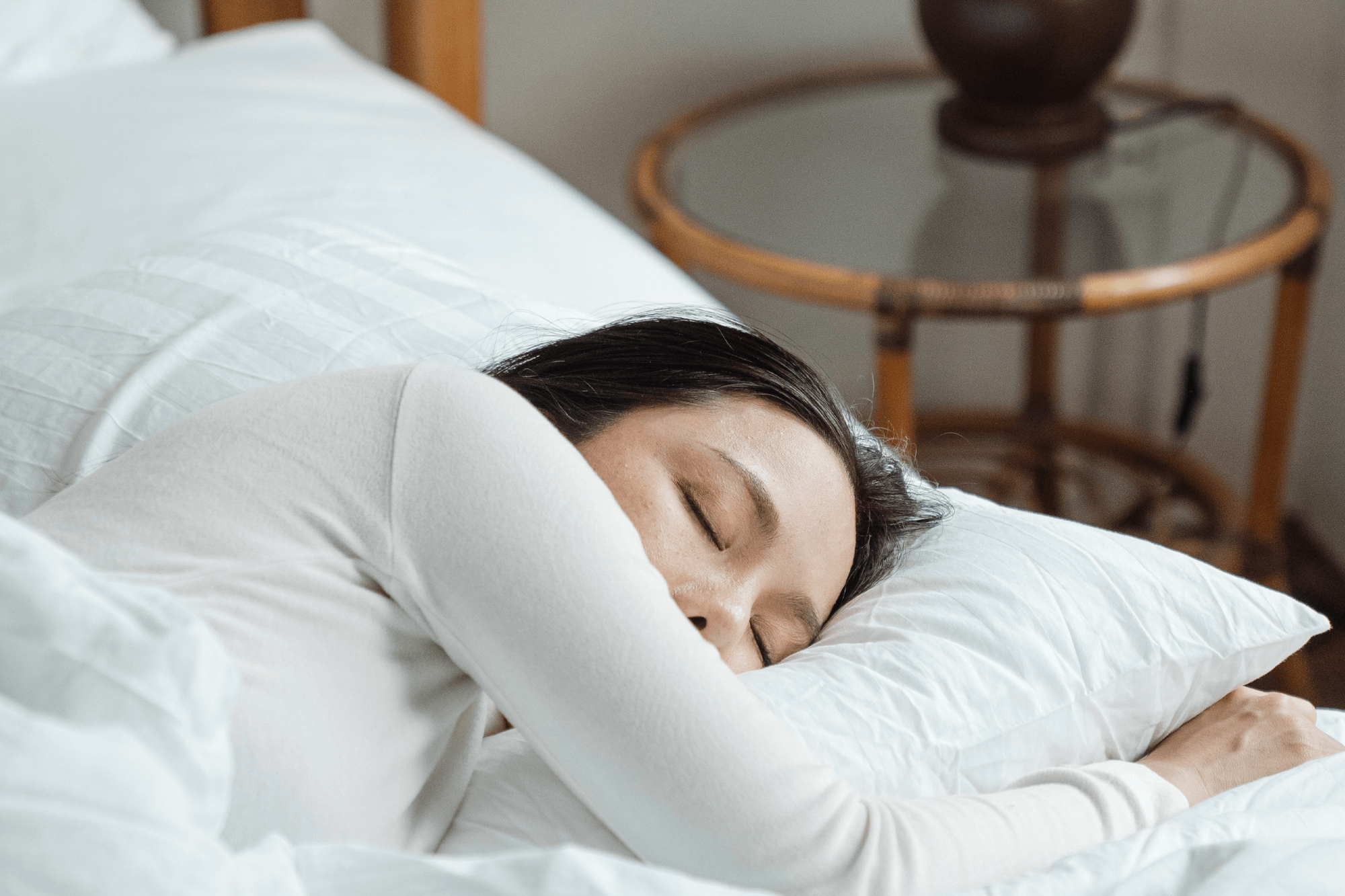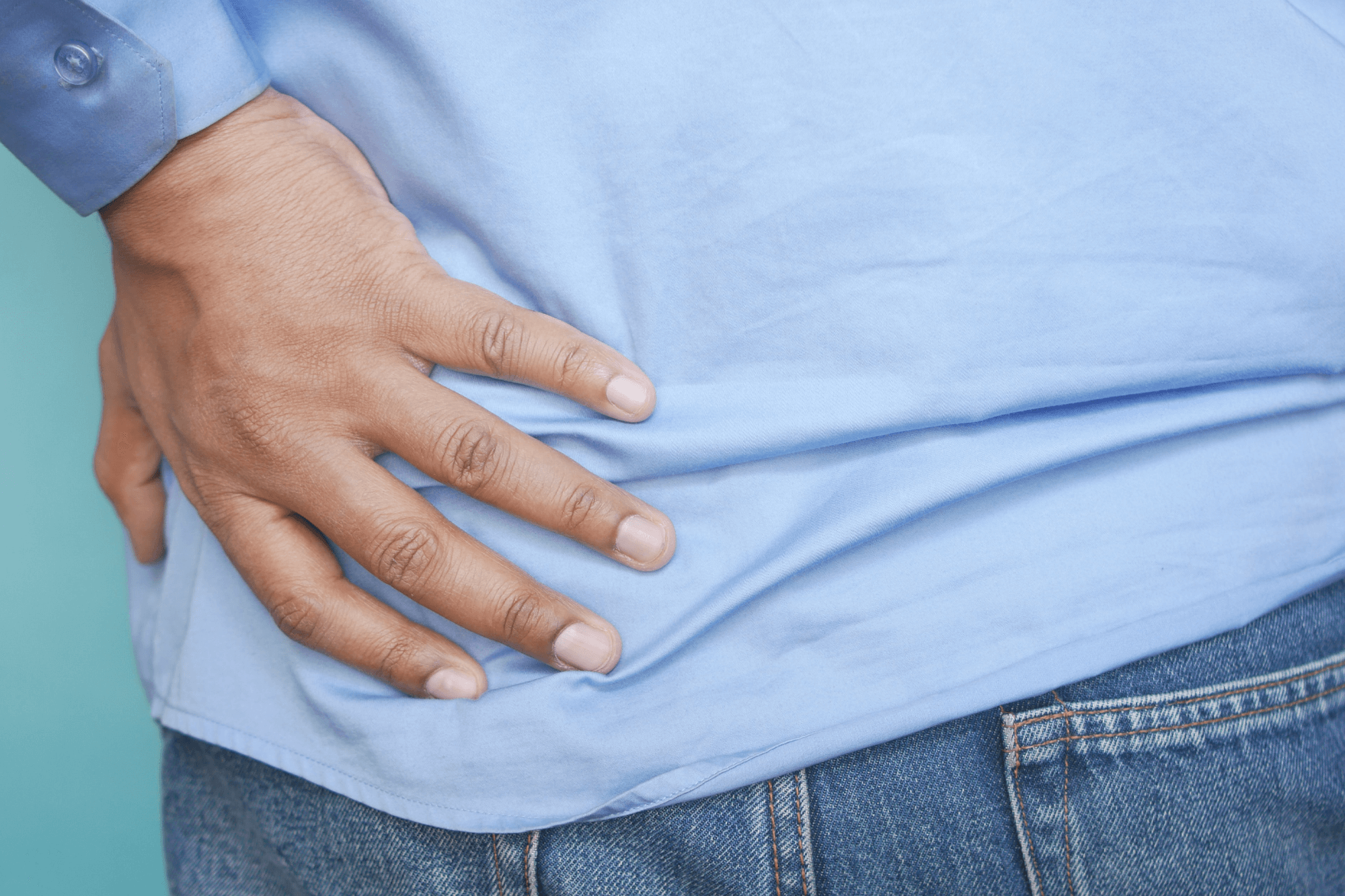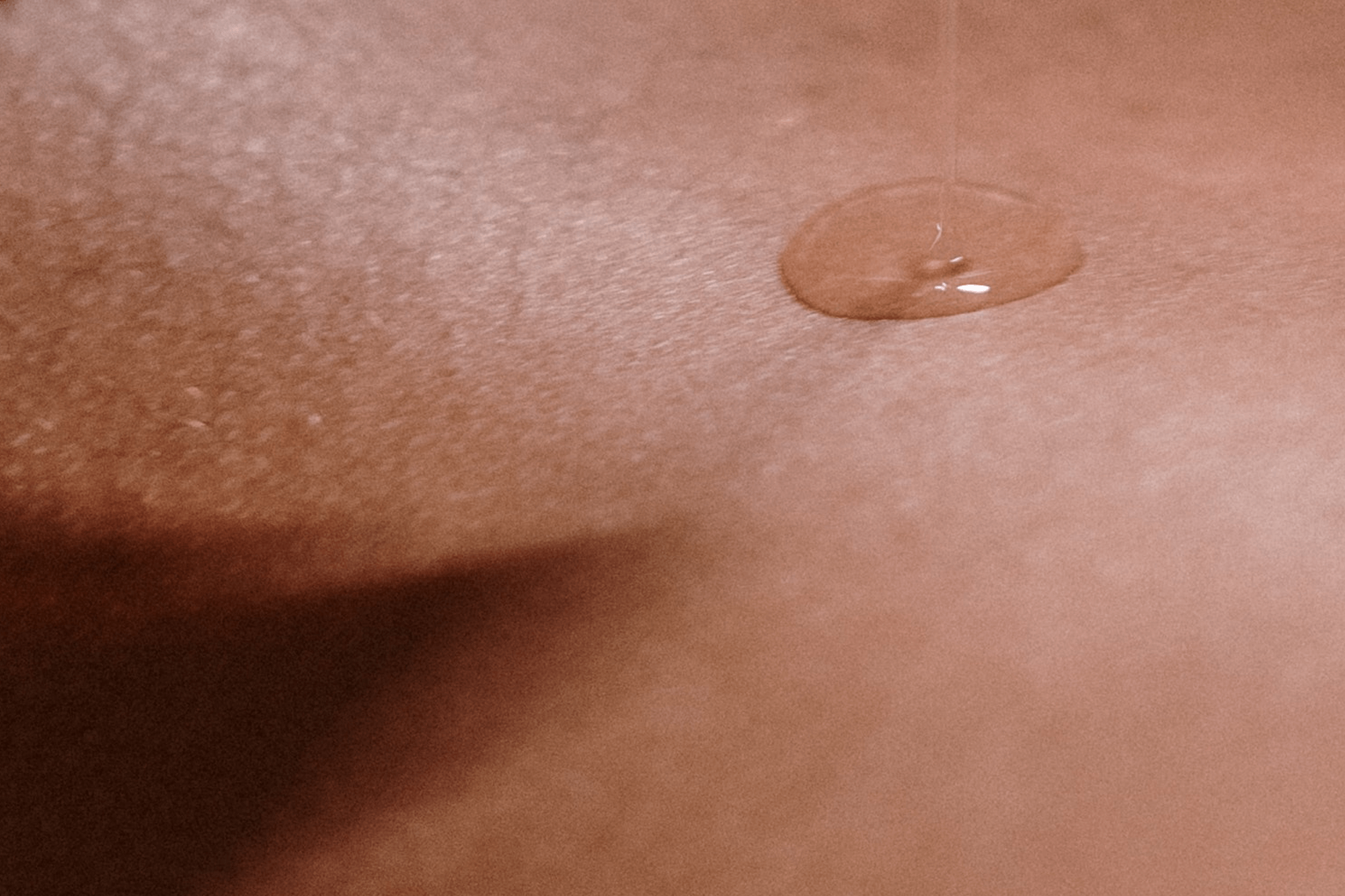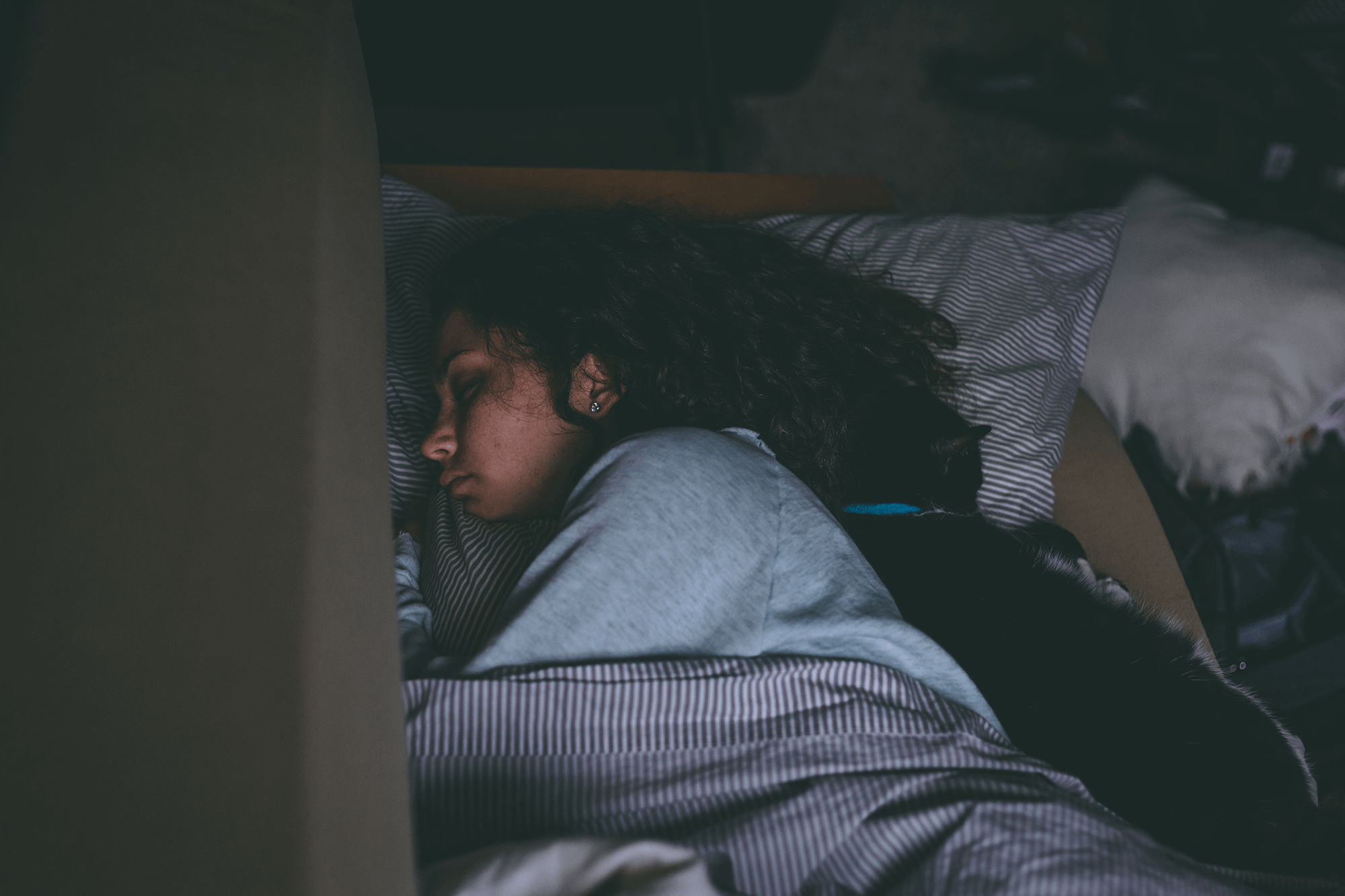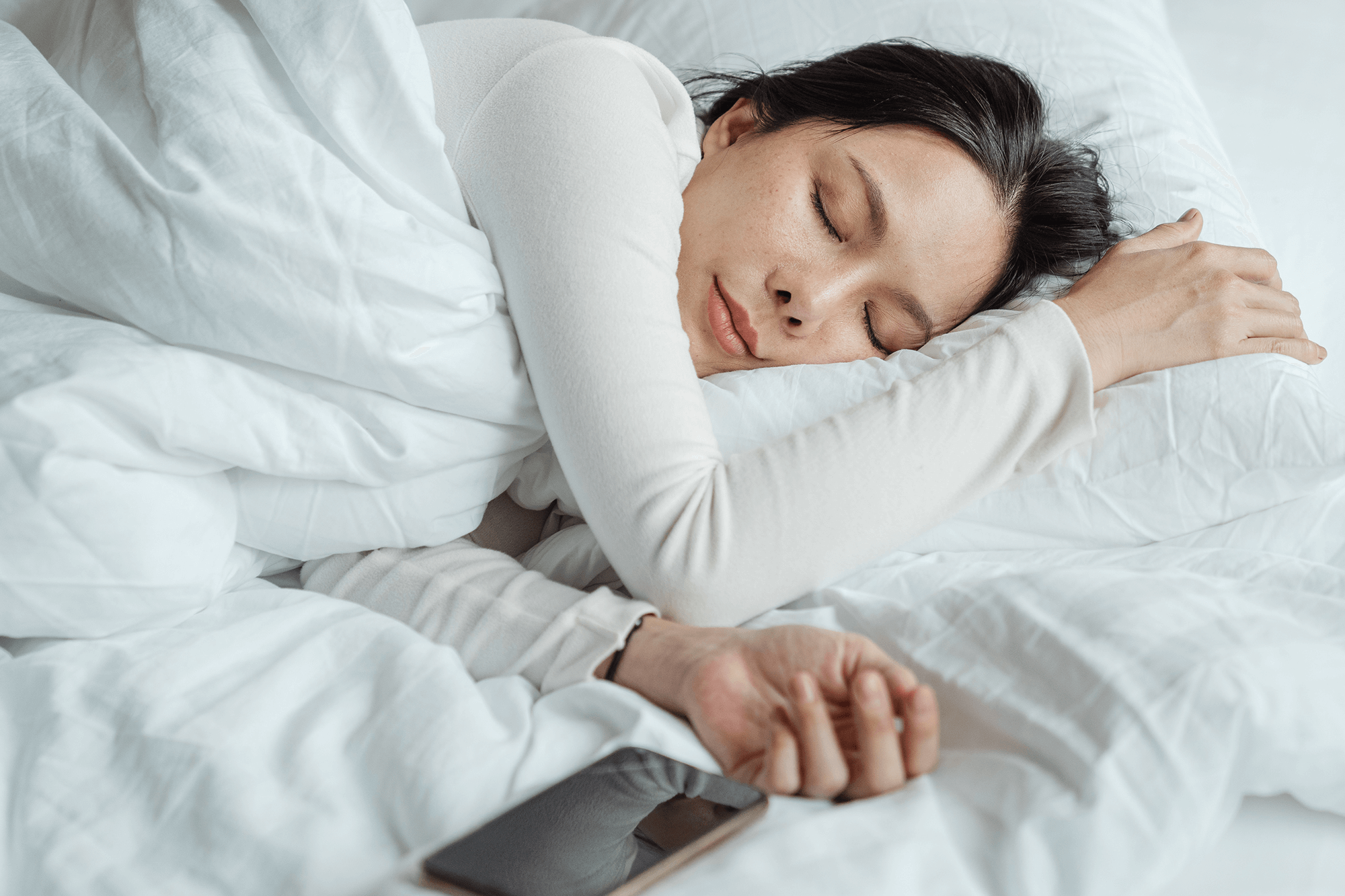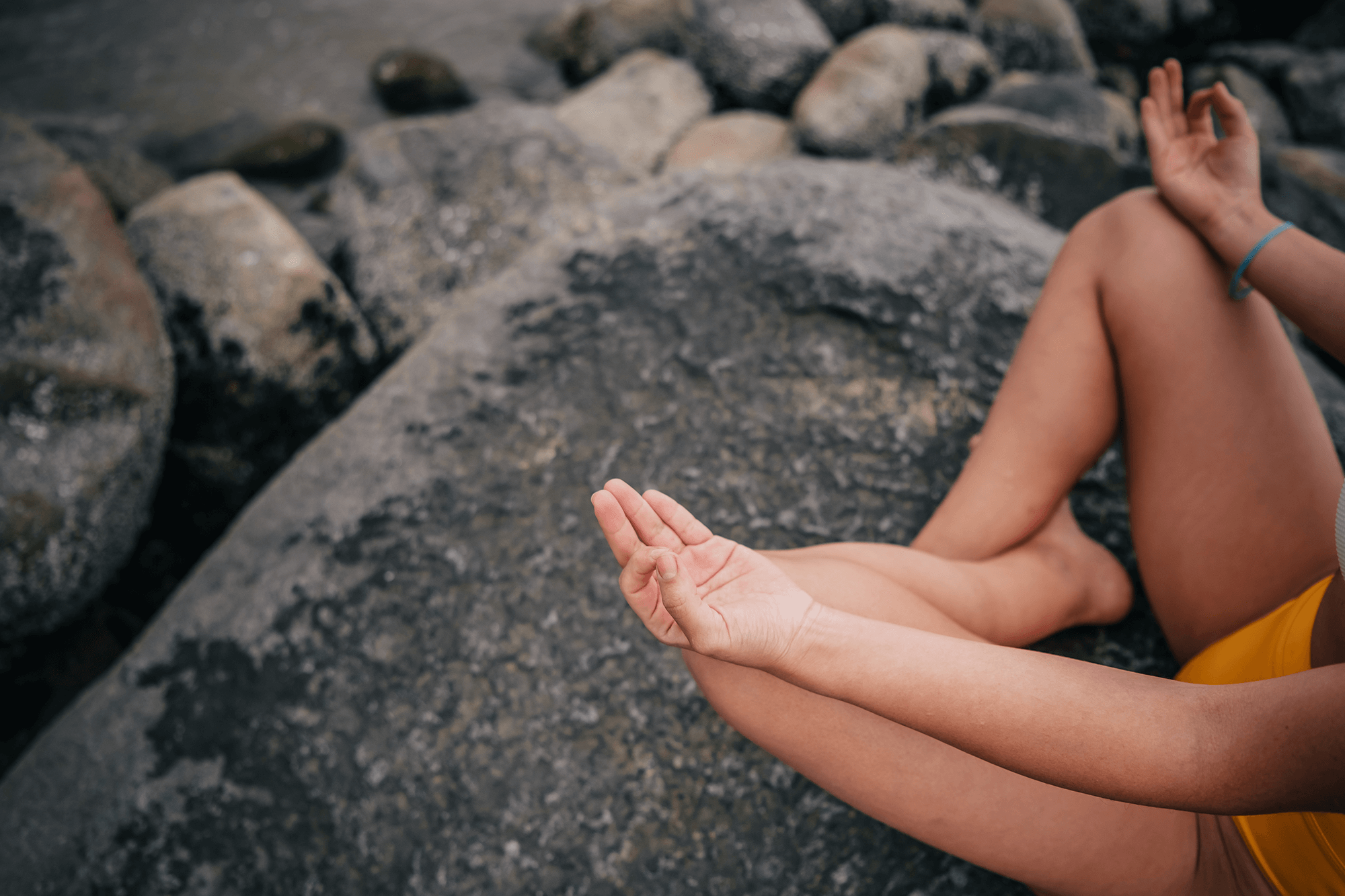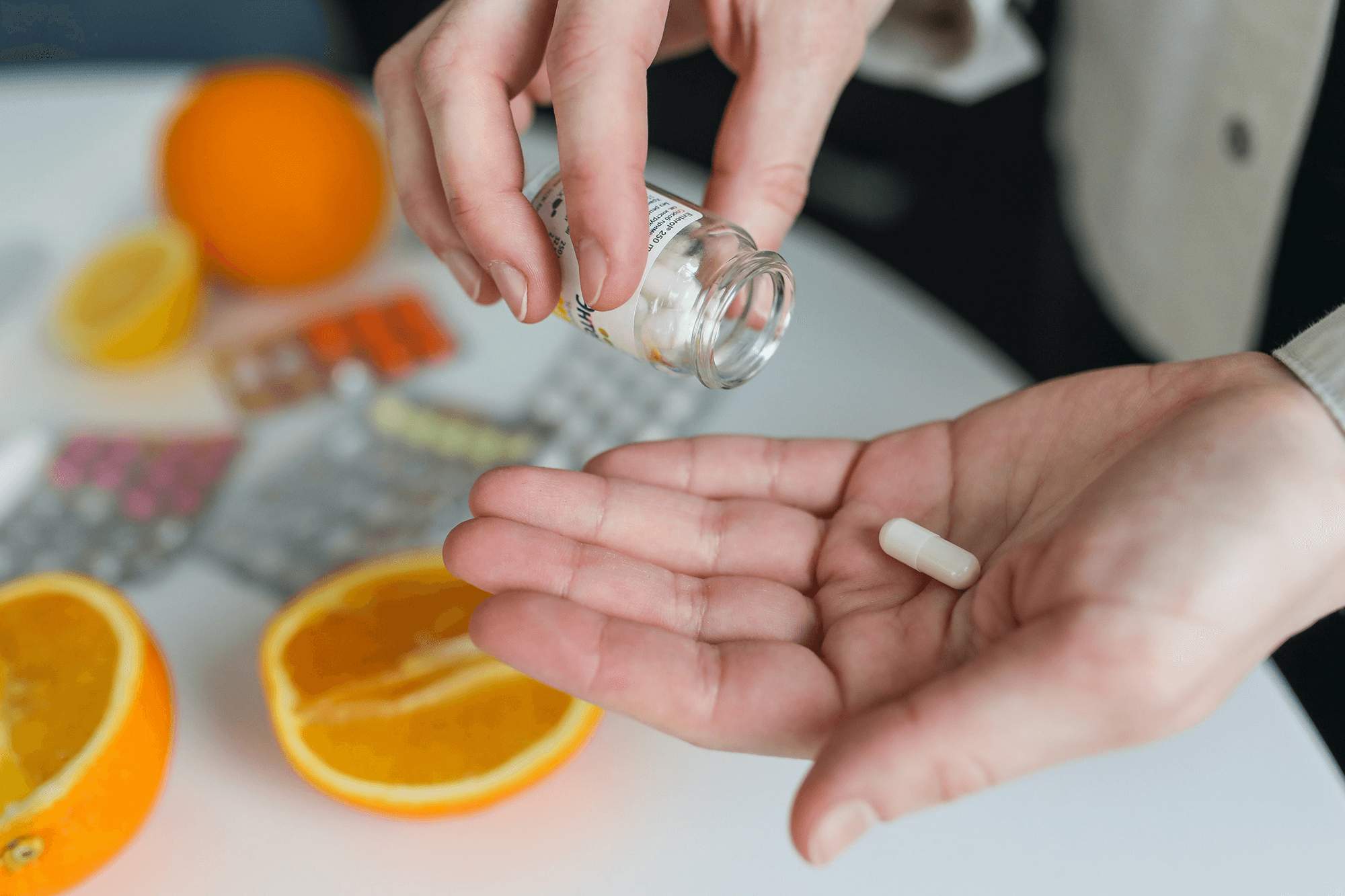Unwind with the Best Sleep Quotes: Inspiration from Icons & Influencers
Here at zleepy, we LOVE sleep. We love sleeping, learning about sleep, talking about sleep, finding awesome new sleep products, helping others sleep and listening to other’s talk about sleep.
Our website is dedicated to information about sleep and our recommended sleep wellness products. From lavender epsom salts to aromatherapy candles, silk pillowcases, sleep sprays & sleep patches.
We source useful sleep products that will improve the quality of your sleep and help you attain that wonderfully invigorating 7-9 hours sleep each and every night.

Sometimes you may be wondering; Why is it hard to sleep in the modern world? In modern society there is so much distraction, so much information wanting our attention, that it can be hard to switch off and wind down.
People are finding it harder and harder to sleep. Zleepy wants to help you relax, feel calm, fall asleep easily and stay asleep all night long.
We’ve put together some of the best sleep-related quotes we could find to entertain, inspire and educate all our lovely Zleepers – our Zleepy followers – Zleepy + followers. Get it?!
We thought this was pretty clever so we’re going with it.
Enjoy Zleepers.
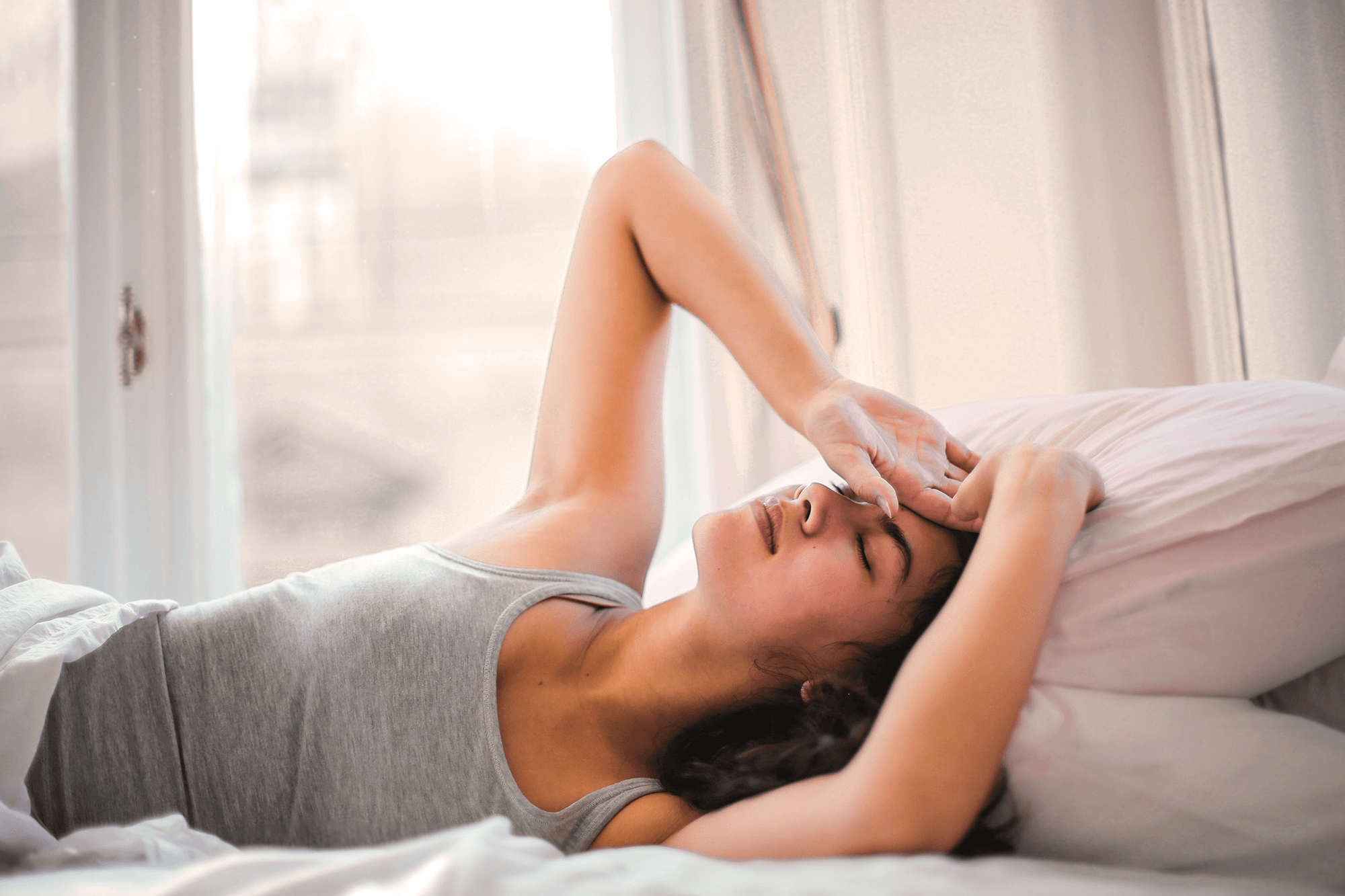
Our Top 20 Favorite Sleep Quotes
1. “I love sleep. My life has the tendency to fall apart when I’m awake, you know?”
Ernest Hemingway, Author
2.“Sleep is like a cat: It only comes to you if you ignore it.”
Gillian Flynn, Gone Girl
3. “You know you’re in love when you can’t fall asleep because reality is finally better than your dreams.”
Dr. Seuss, Author and Cartoonist
4. “I would like to be the air that inhabits you for a moment only. I would like to be that unnoticed and that necessary.”
Margaret Atwood, Author
5. “Each night, when I go to sleep, I die. And the next morning, when I wake up, I am reborn.”
Mahatma Gandhi, Lawyer and inspirational leader
6. “There is a time for many words, and there is also a time for sleep.”
Homer, The Odyssey
7. “Sleep, that deplorable curtailment of the joy of life.”
Virginia Wolfe, Author
8. “Let’s start by taking a smallish nap or two …”
Winnie the Pooh, Children’s book character
9. “The nicest thing for me is sleep. Then at least I can dream.”
Marilyn Monroe, Actress
10. “We are such stuff as dreams are made on”
William Shakespeare, Playwright
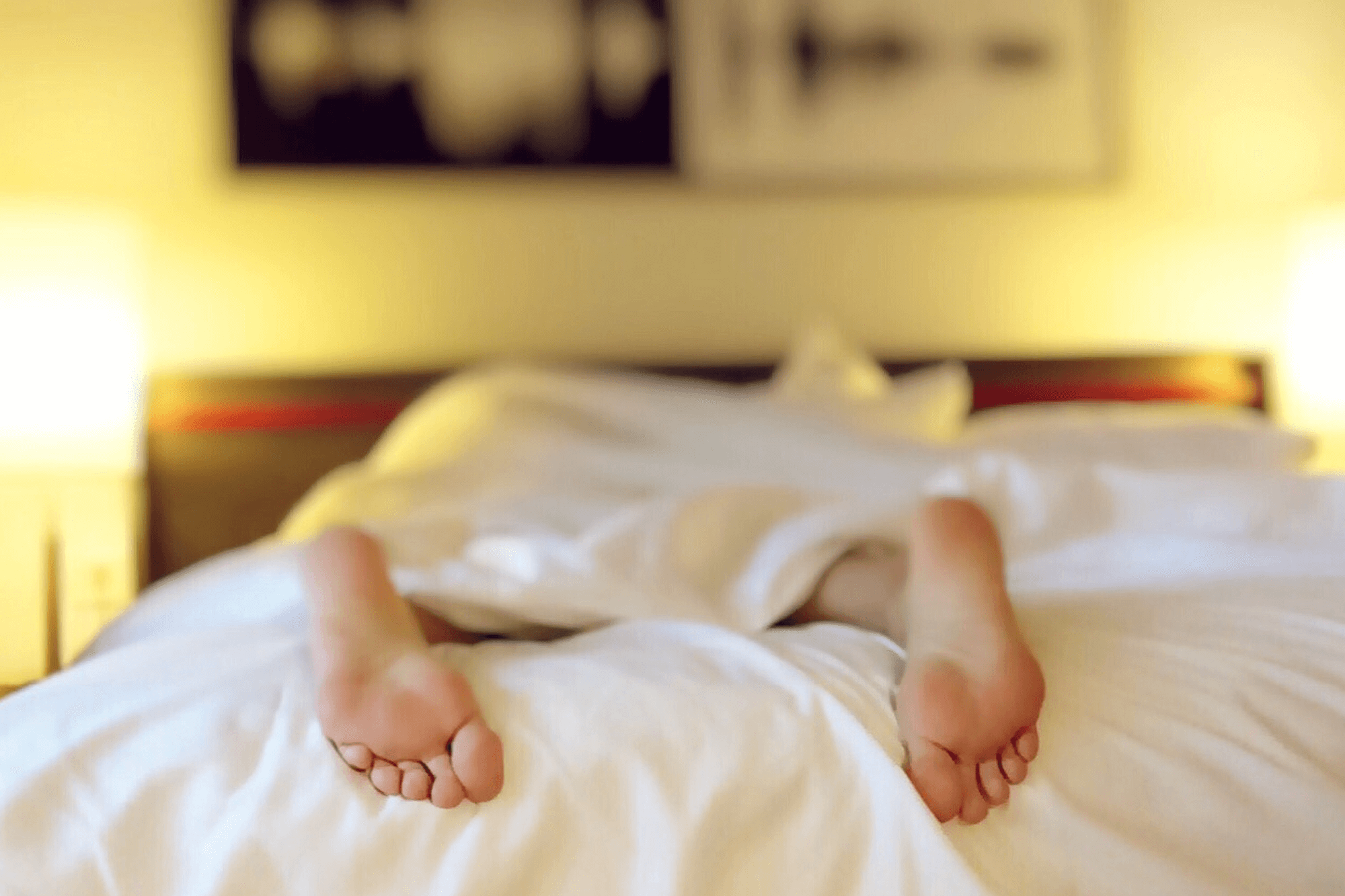
11. “Think in the morning. Act in the noon. Eat in the evening. Sleep in the night.”
William Blake, Poet
12. “I will never be happy without having someone. Going to sleep alone kills me.”
Elon Musk, Entrepreneur
13.“It is a common experience that a problem difficult at night is resolved in the morning after the committee of sleep has worked on it.”
John Steinbeck, Author
14. “For you to sleep well at night, the aesthetic, the quality, has to be carried all the way through.”
Steve Jobs, Entreprenuer
15. “Death is a thing which makes men weep. And yet a third of life is passed in sleep.”
Lord Byron, Poet
16. “Don’t sleep too much. If you sleep three hours less each night for a year, you will have an extra month and a half to succeed in.”
Aristotle Onassis, Entrepreneur
17. “I change during the course of a day. I wake and I’m one person, and when I go to sleep I know for certain I’m somebody else.”
Bob Dylan, Singer Songwriter
18. “How blessed are some people, whose lives have no fears, no dreads; to whom sleep is a blessing that comes nightly, and brings nothing but sweet dreams.”
Bram Stoker, Author
19. “You can’t stay married in a situation where you are afraid to go to sleep in case your wife might cut your throat.”
Mike Tyson, Boxer
20. “How do I keep young? Haven’t you heard? I sleep every night in the deep freezer!”
Donatella Versace, Clothing Designer

